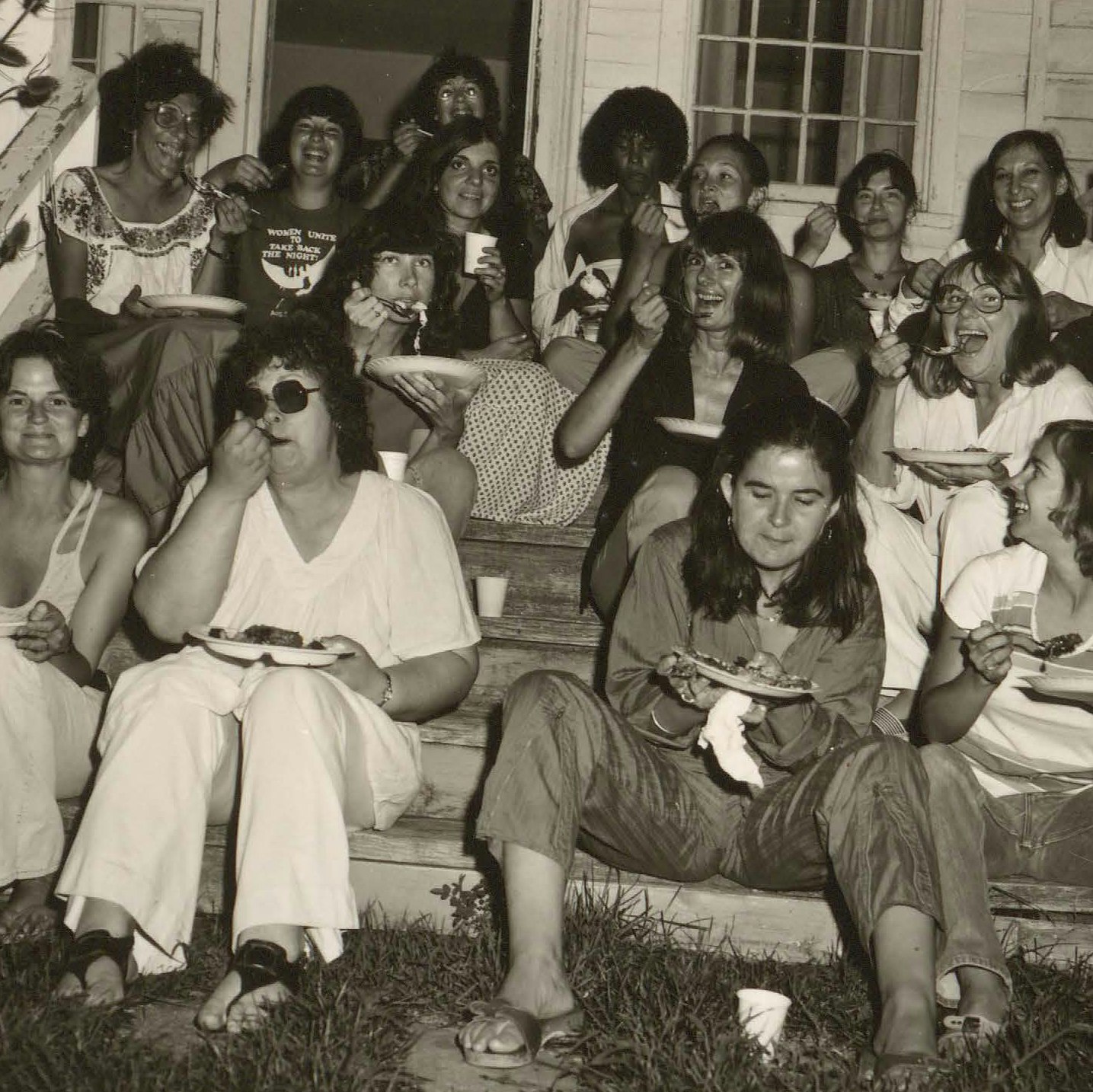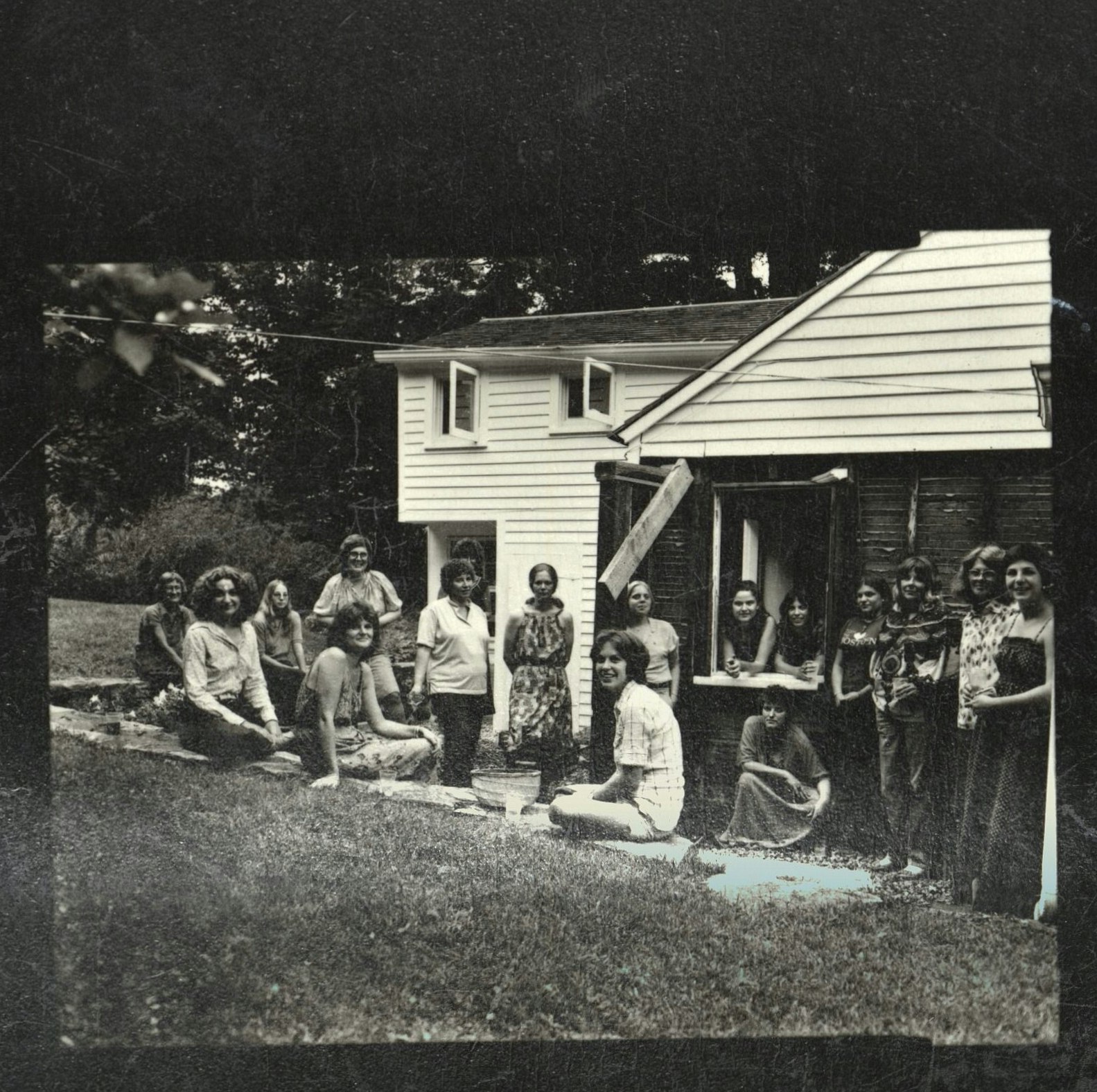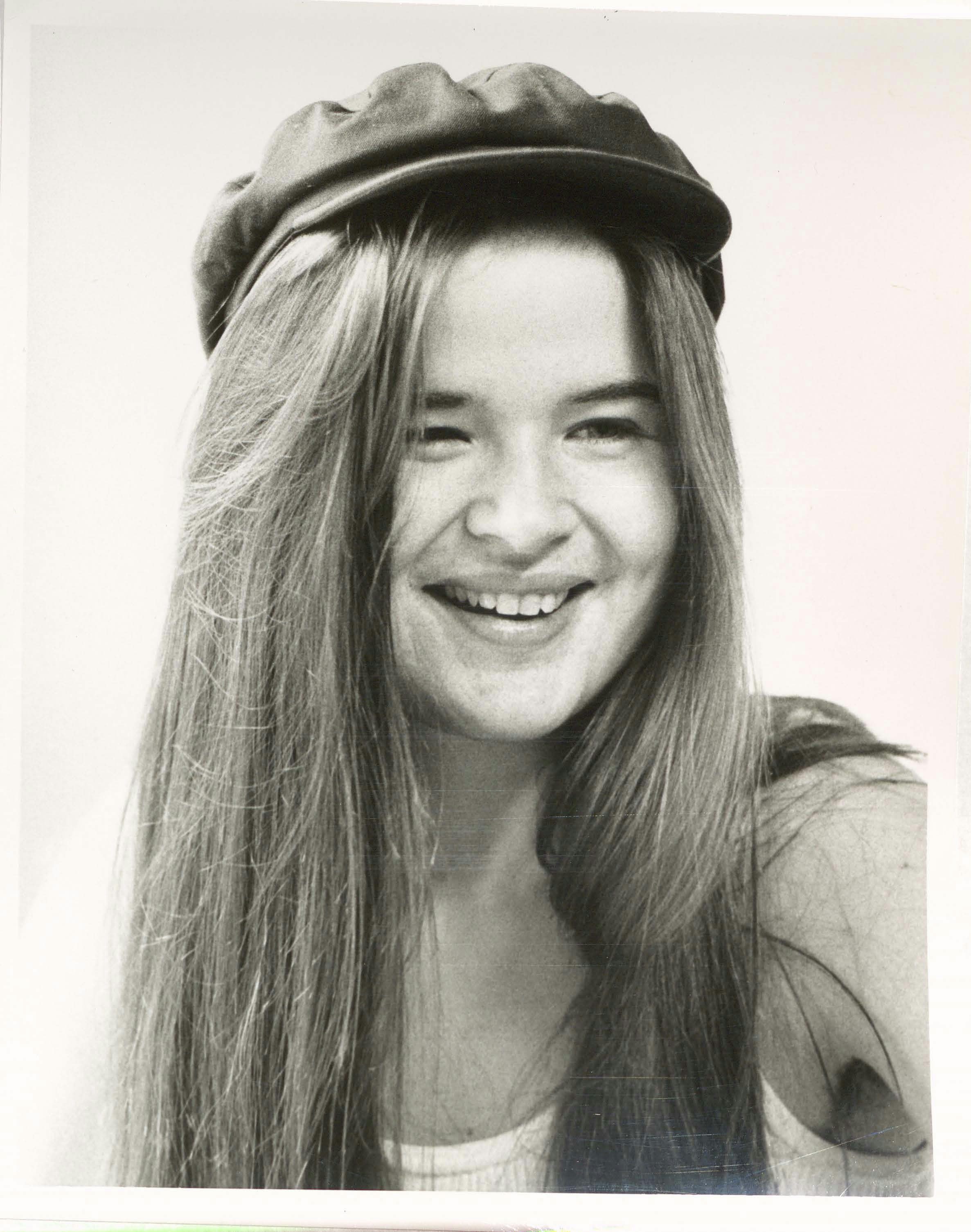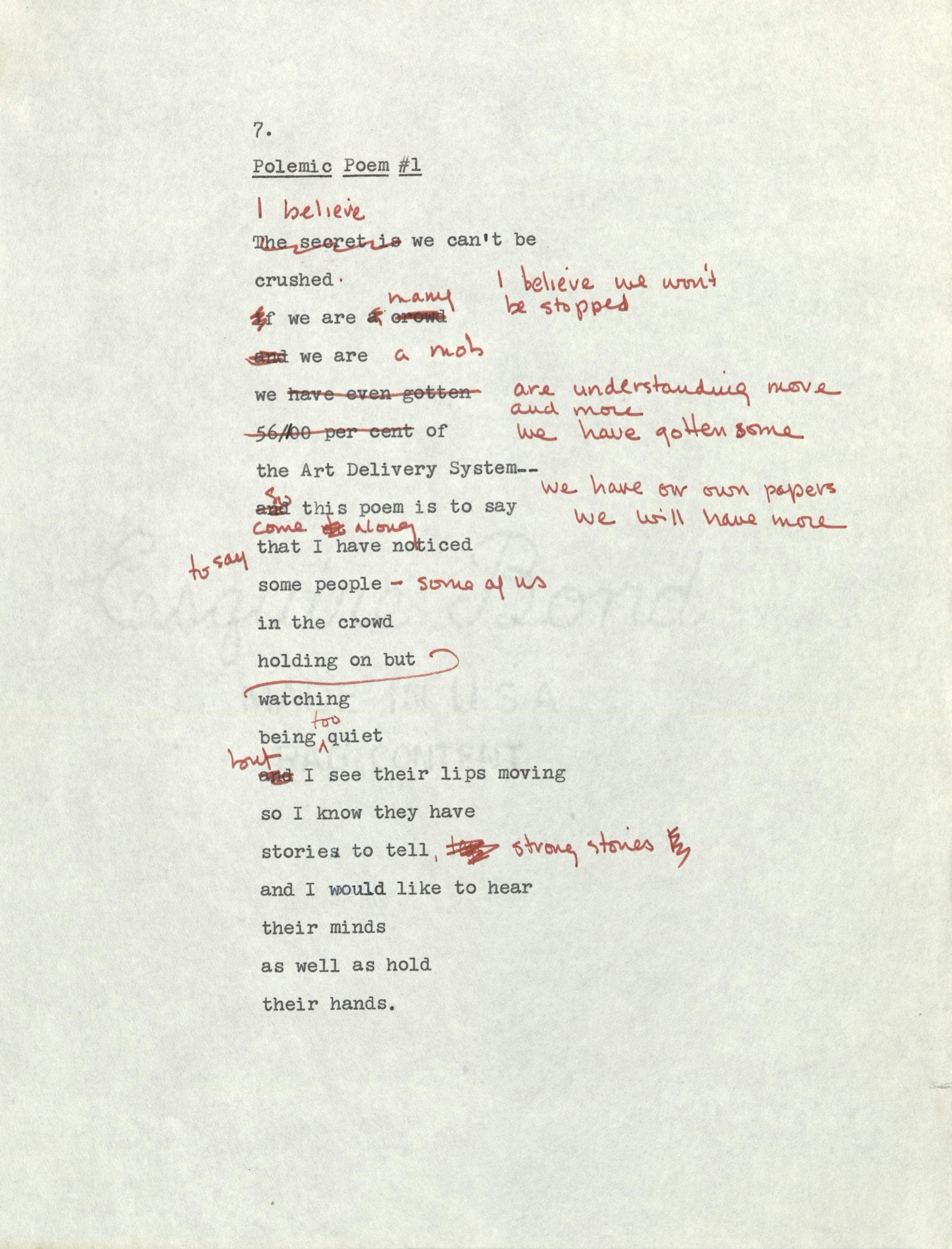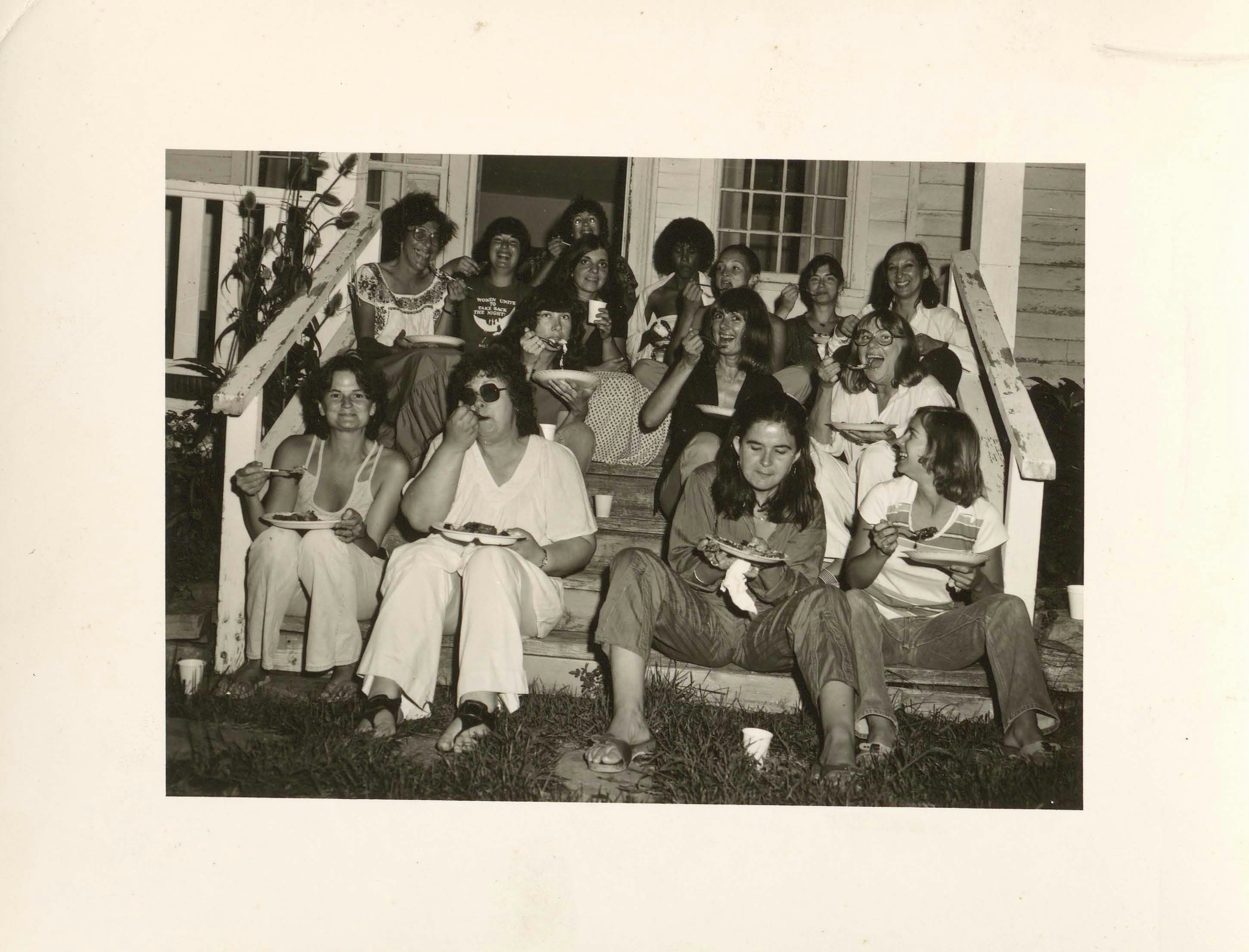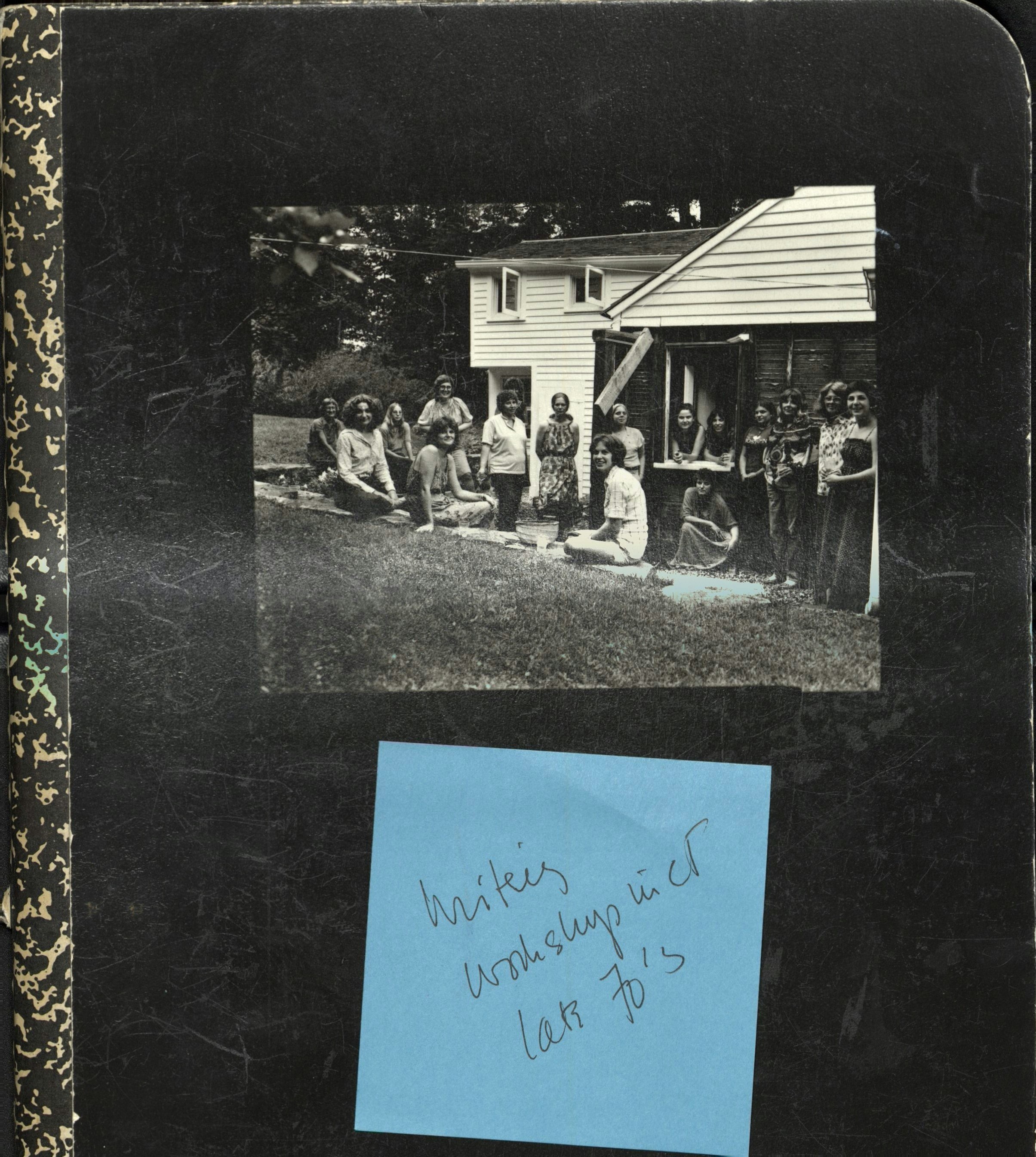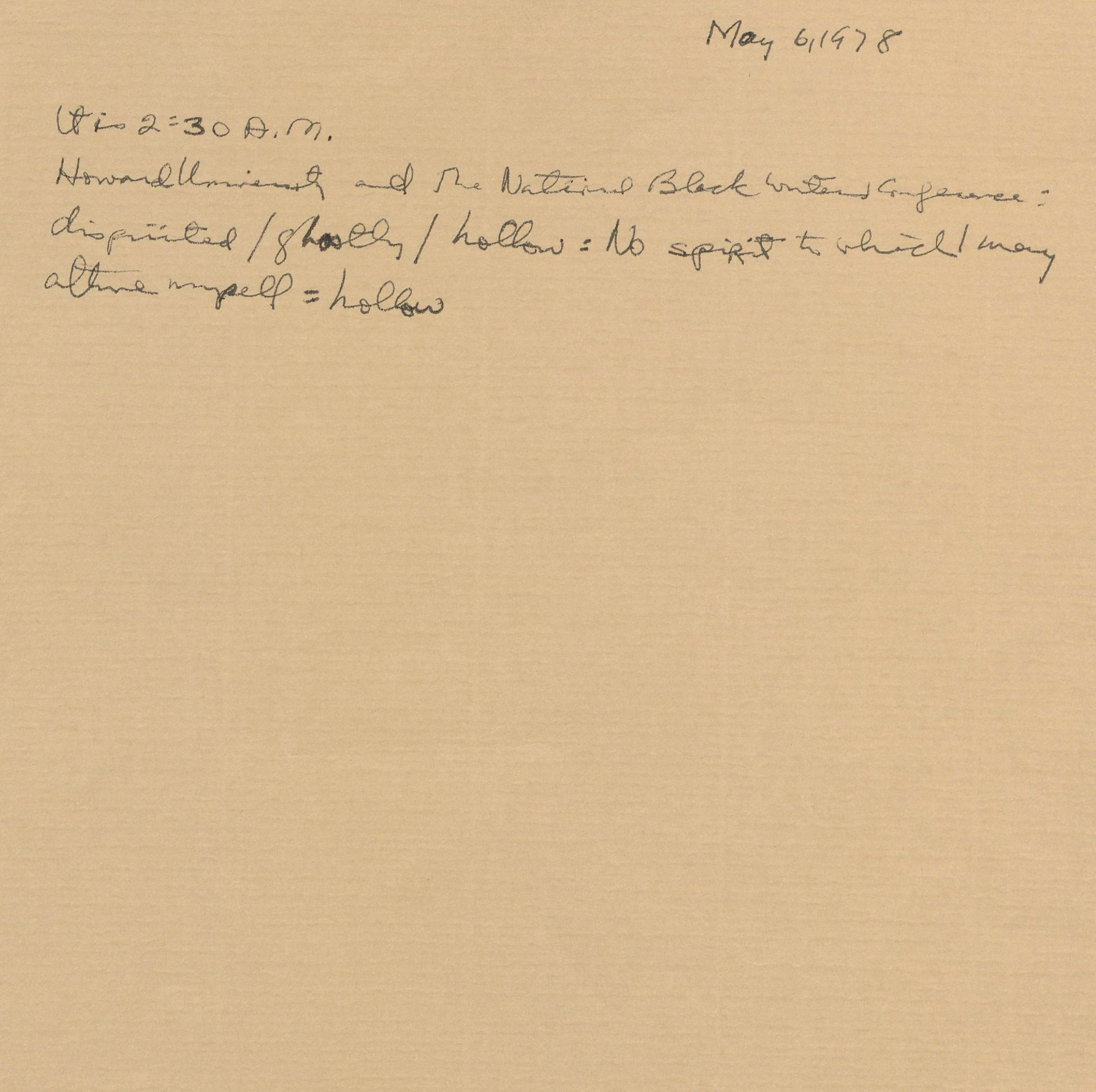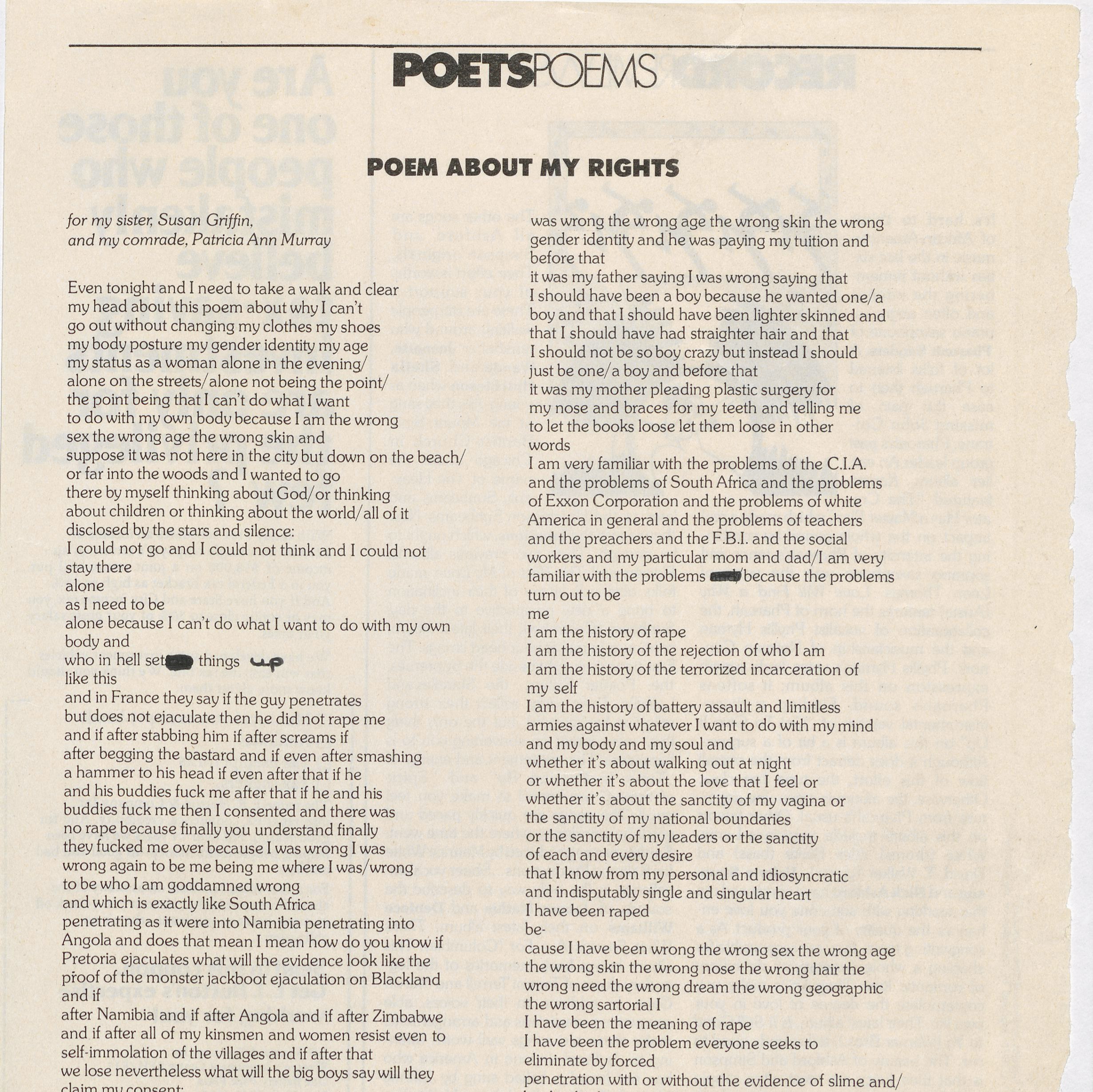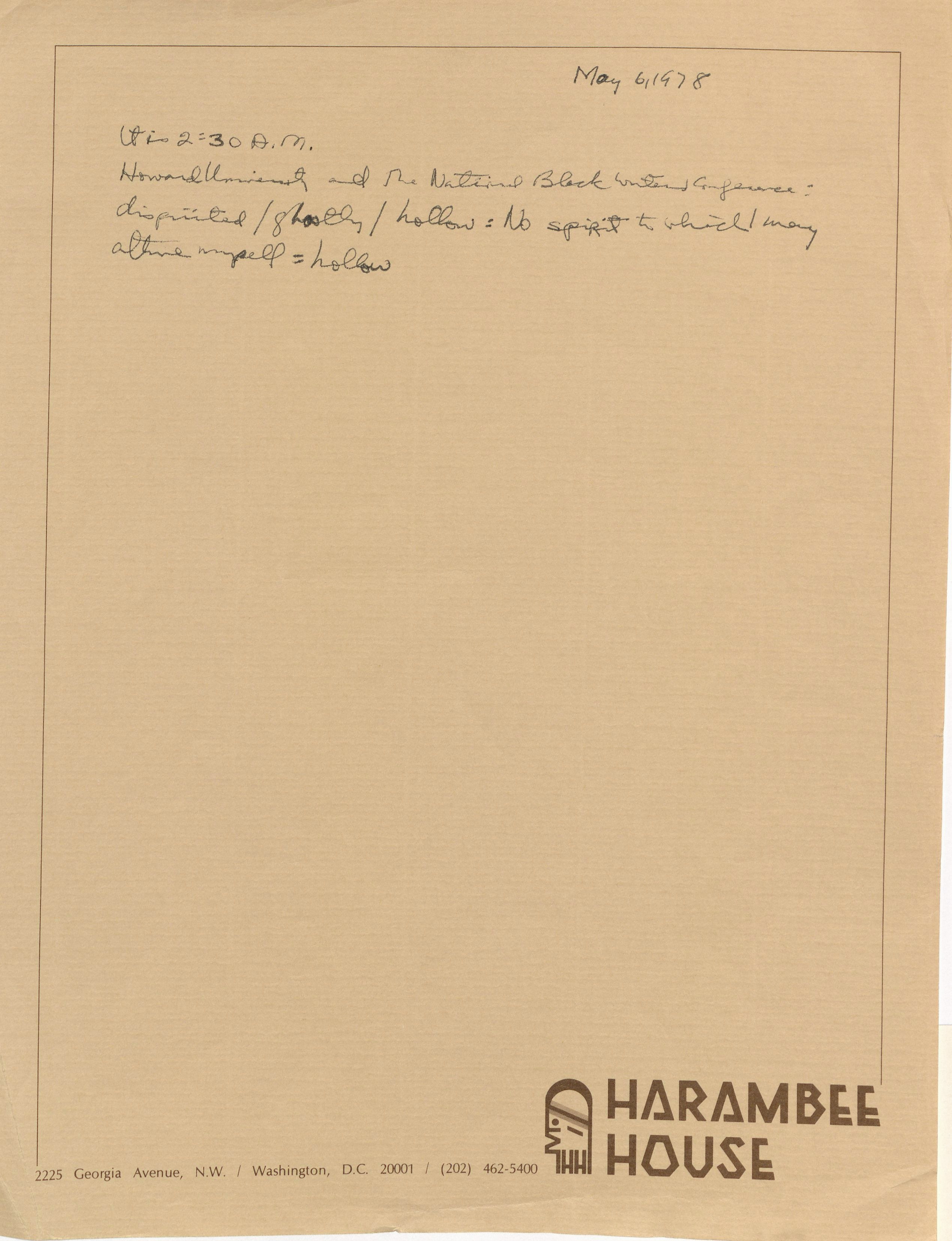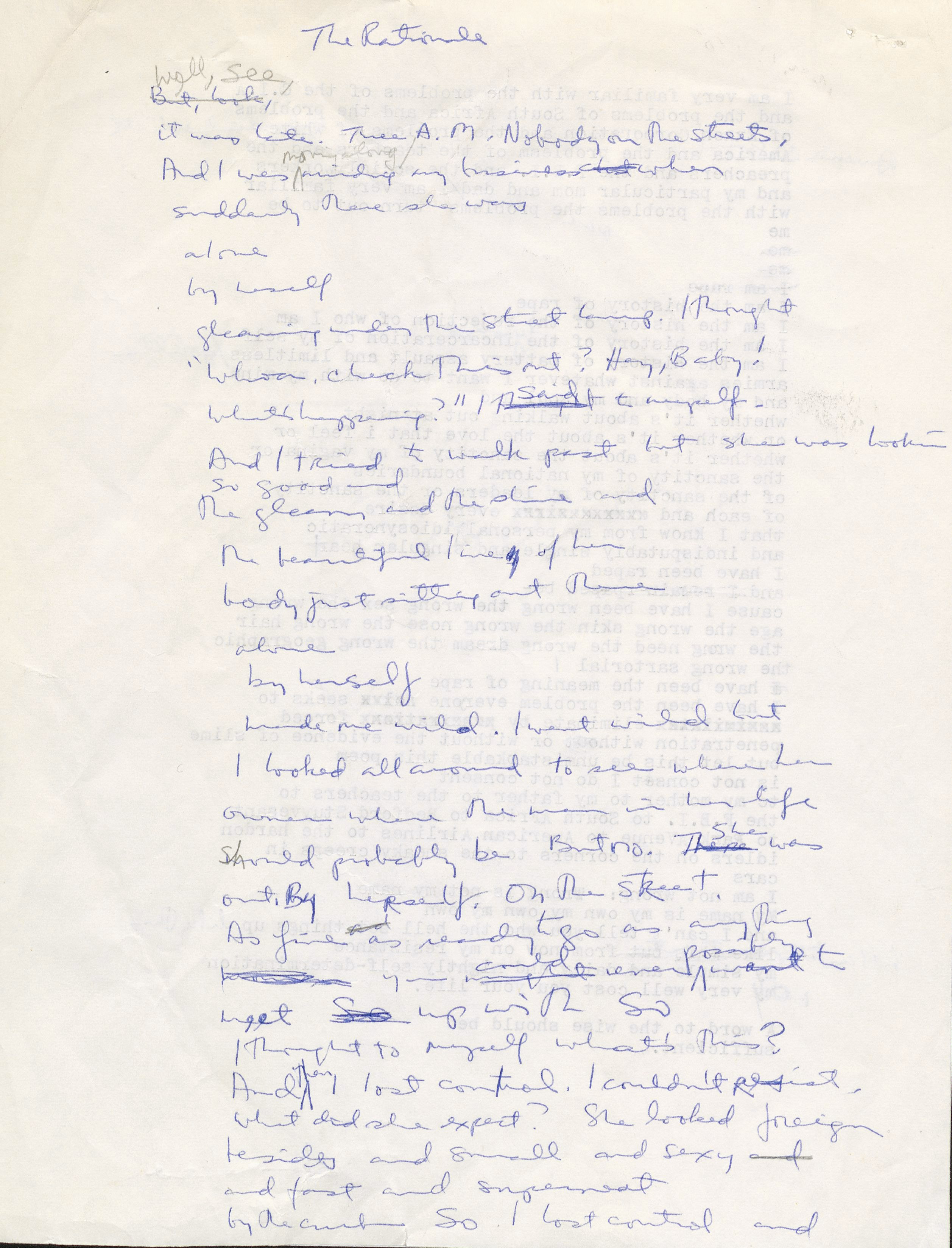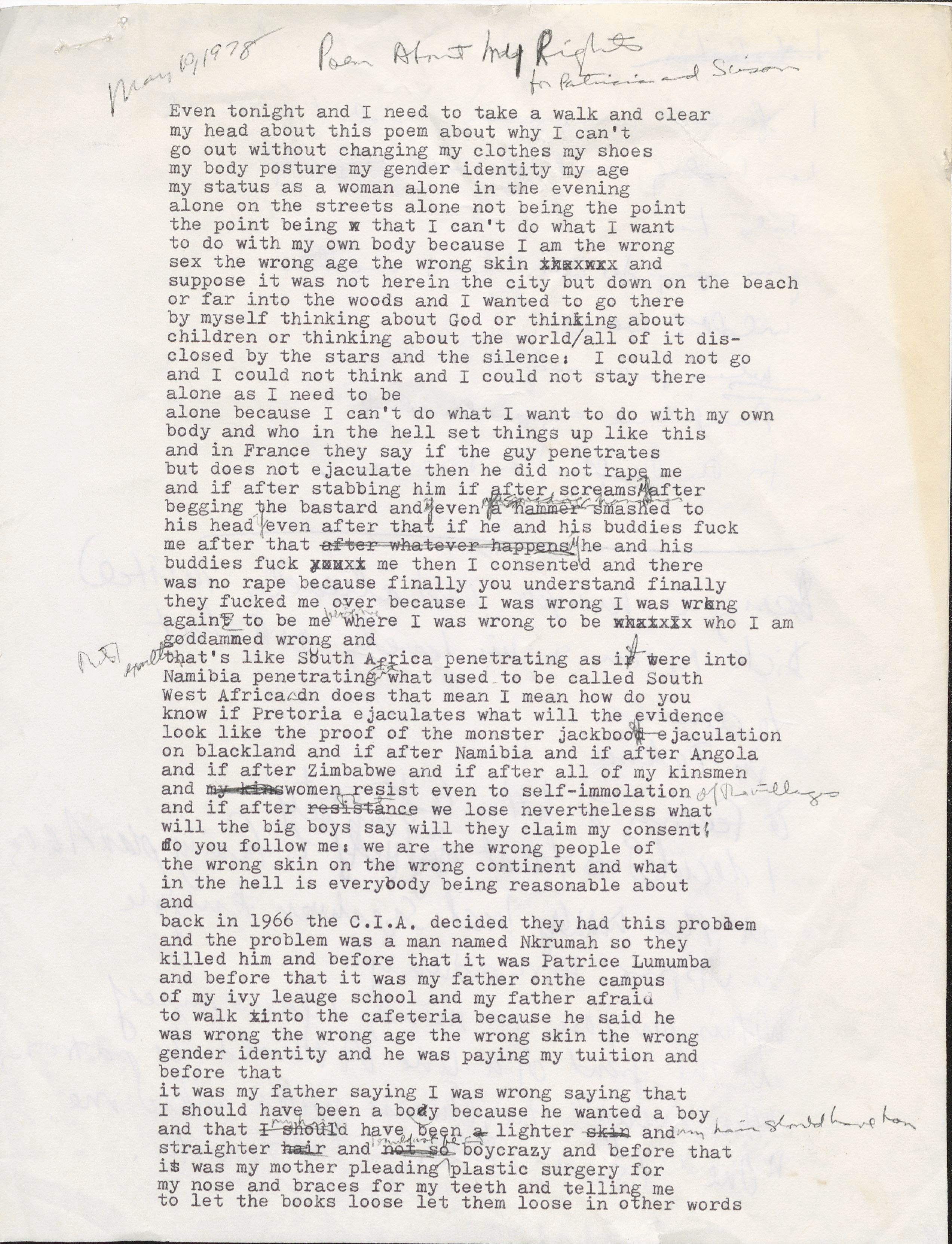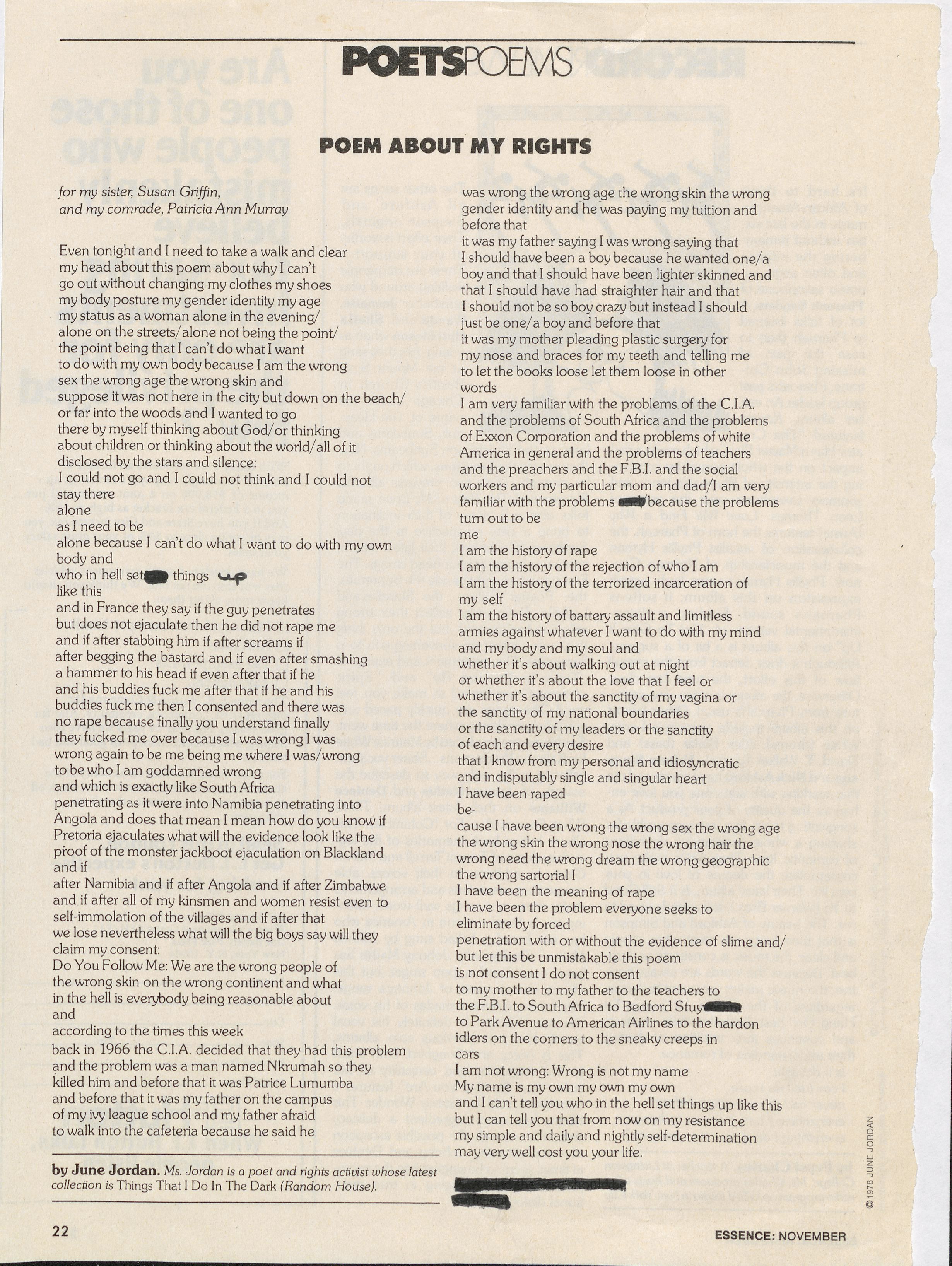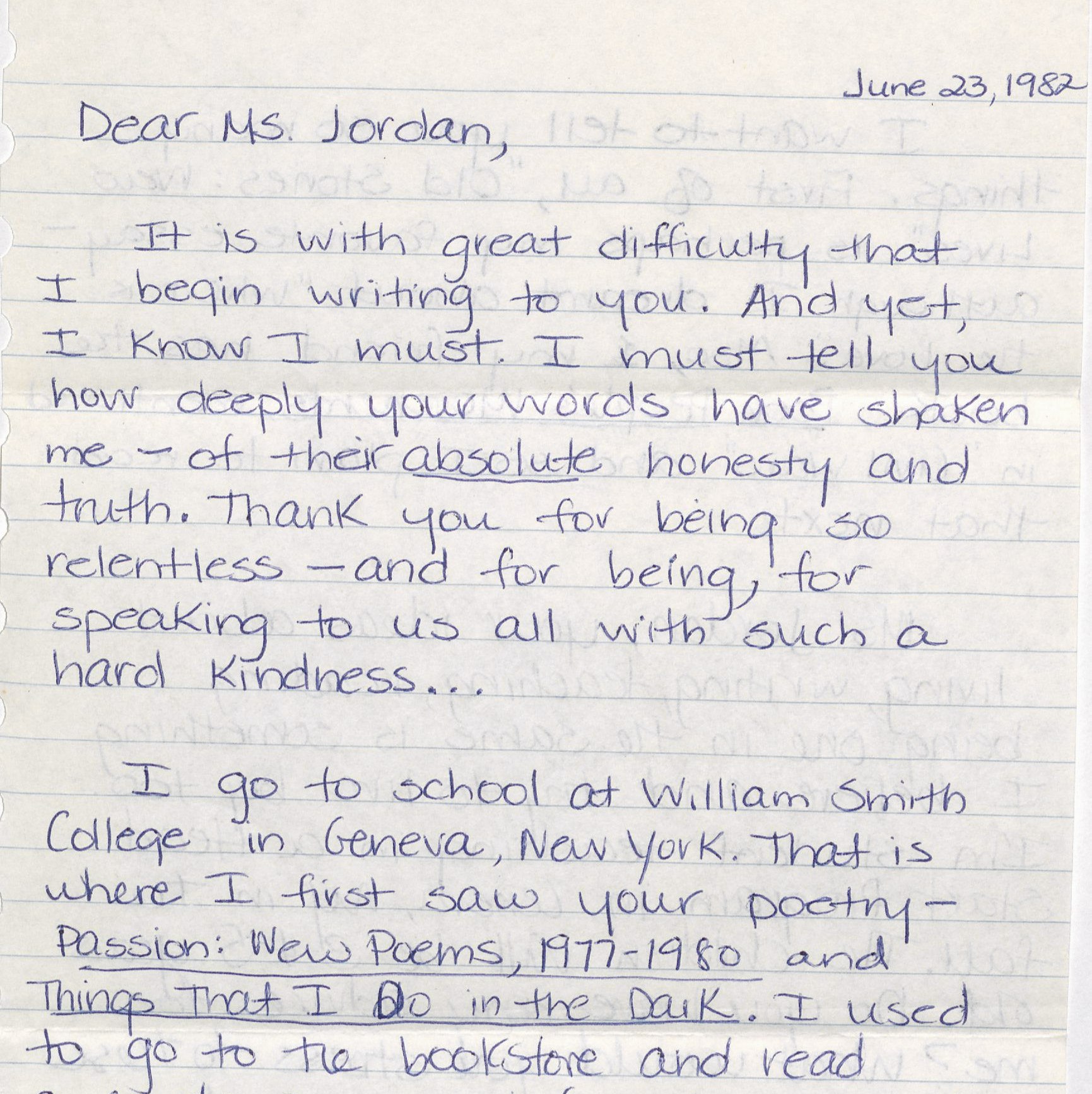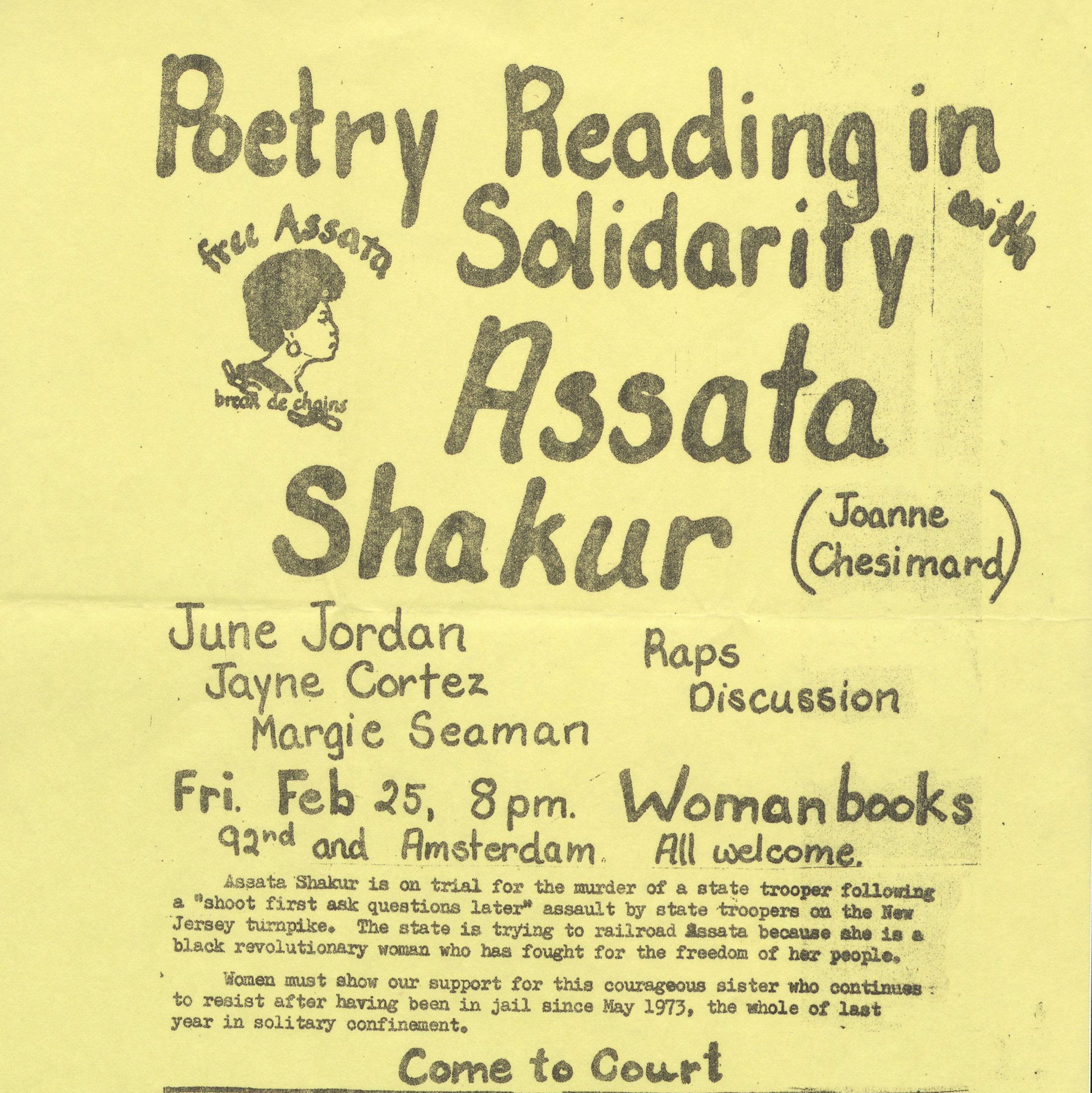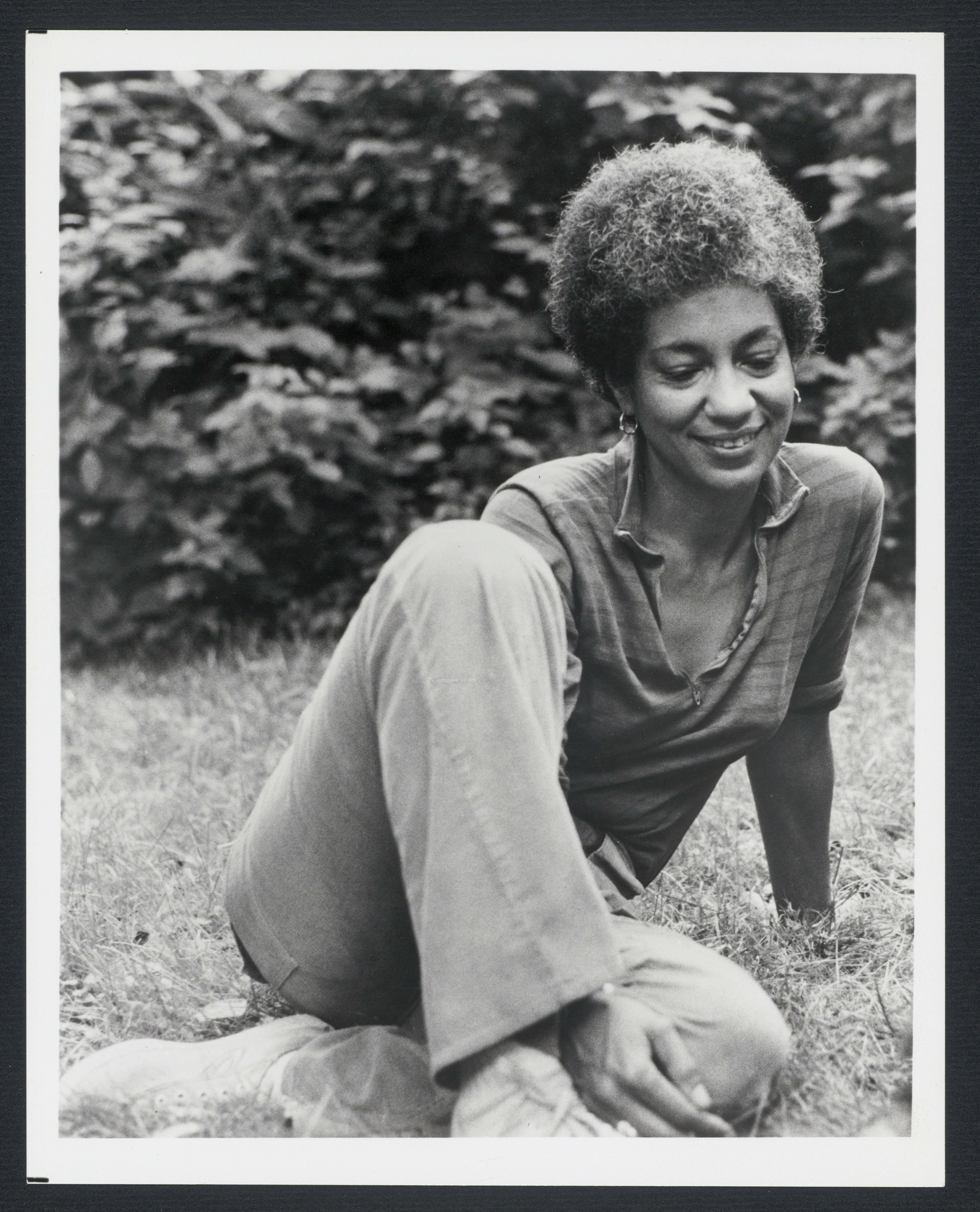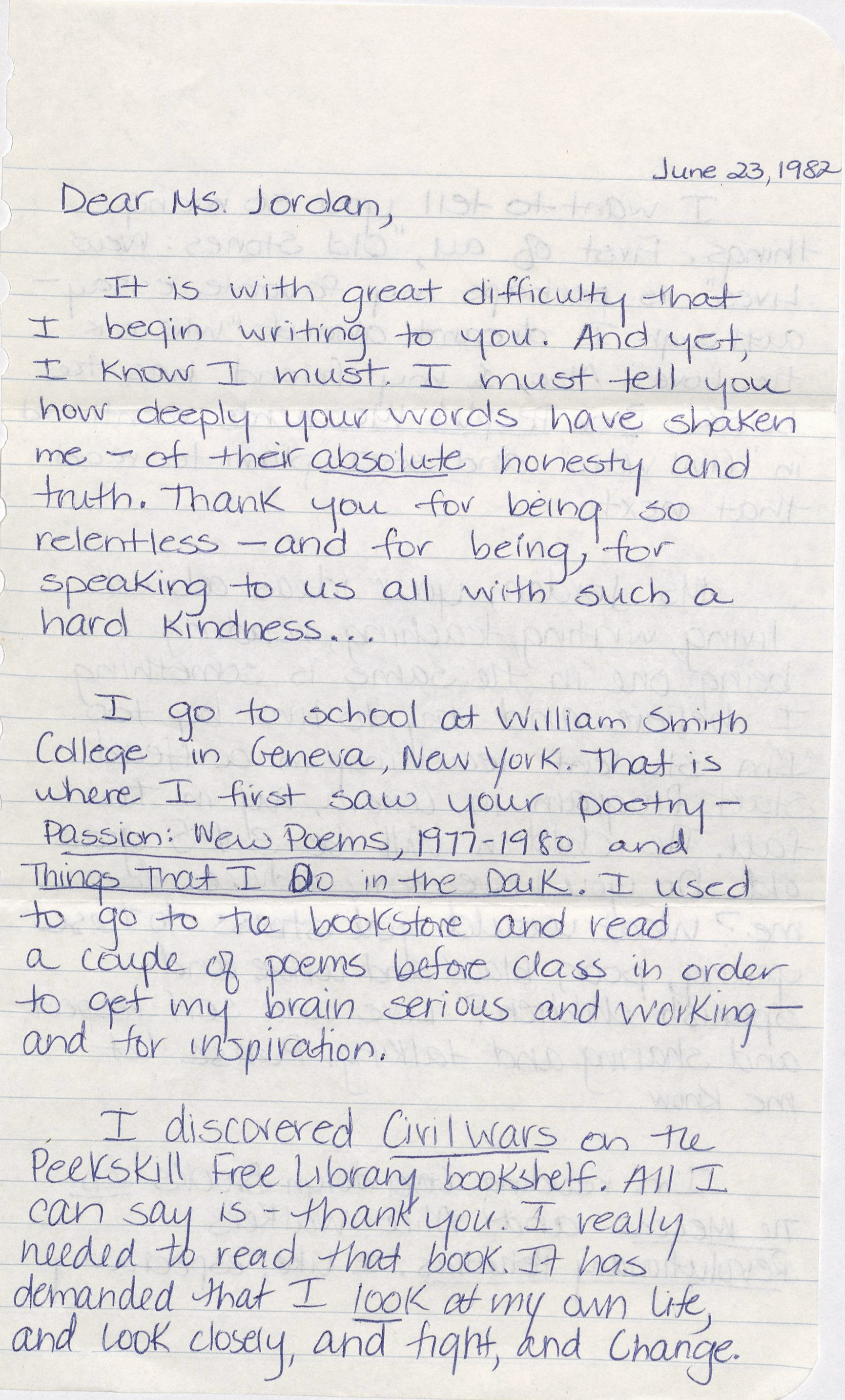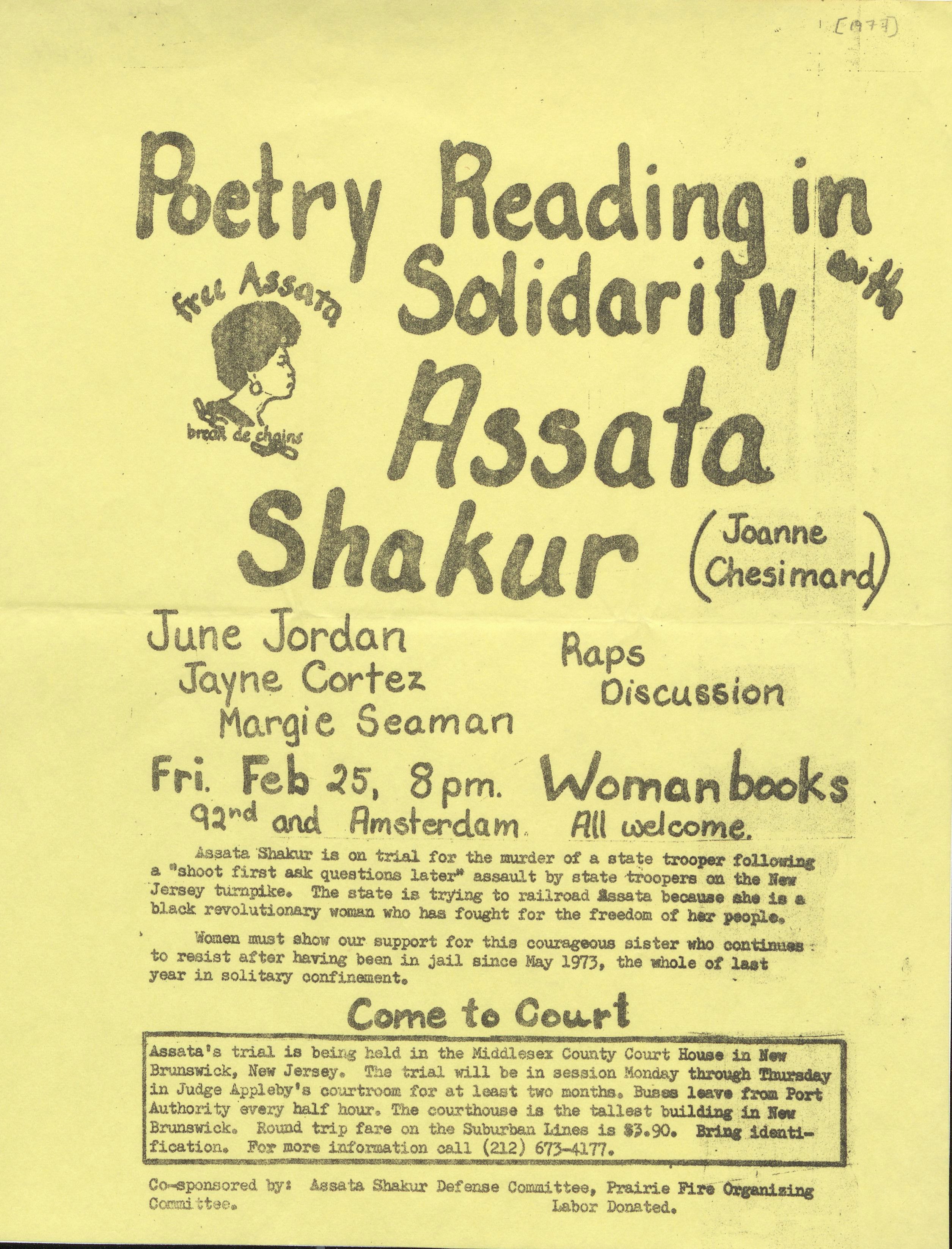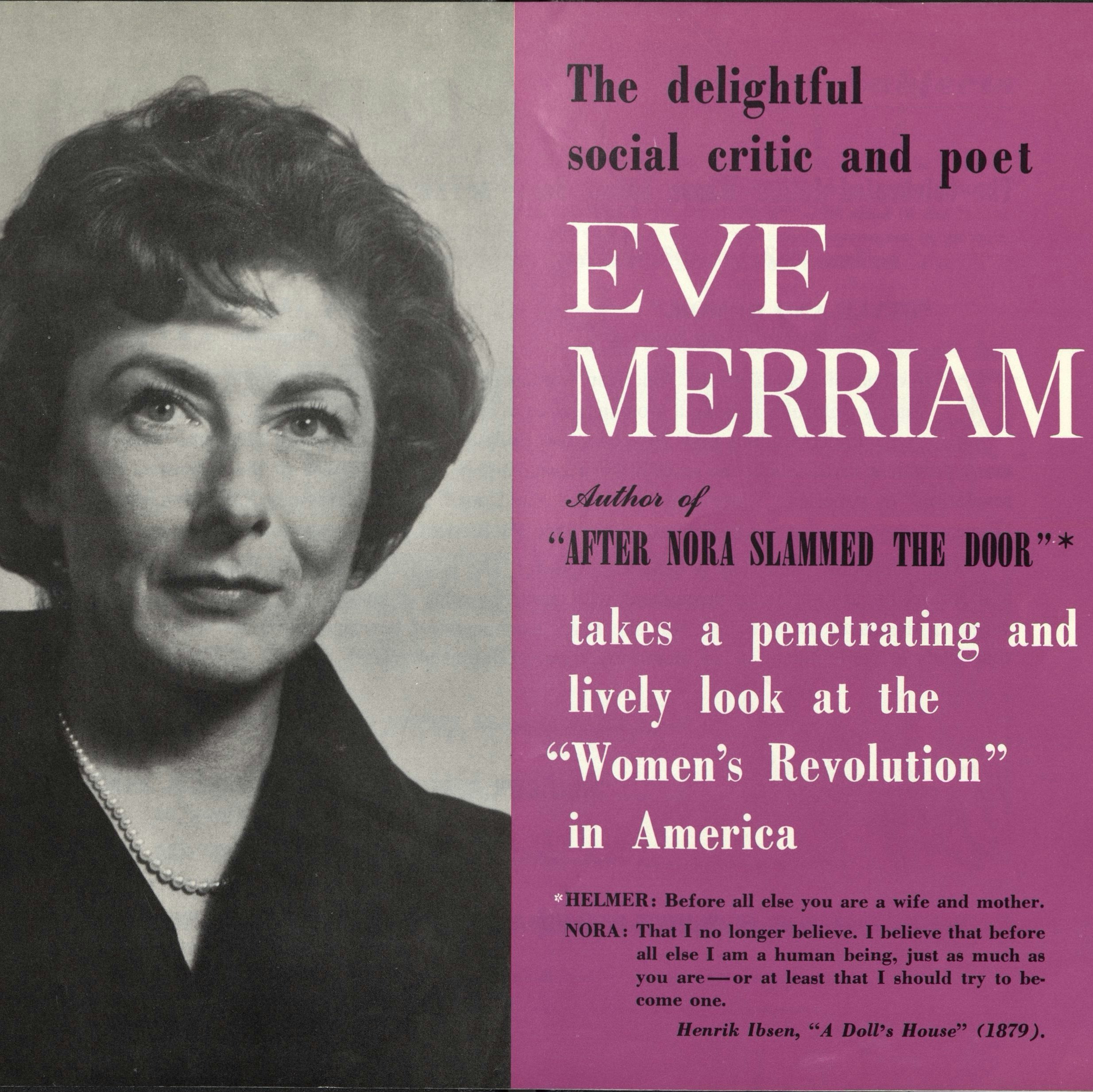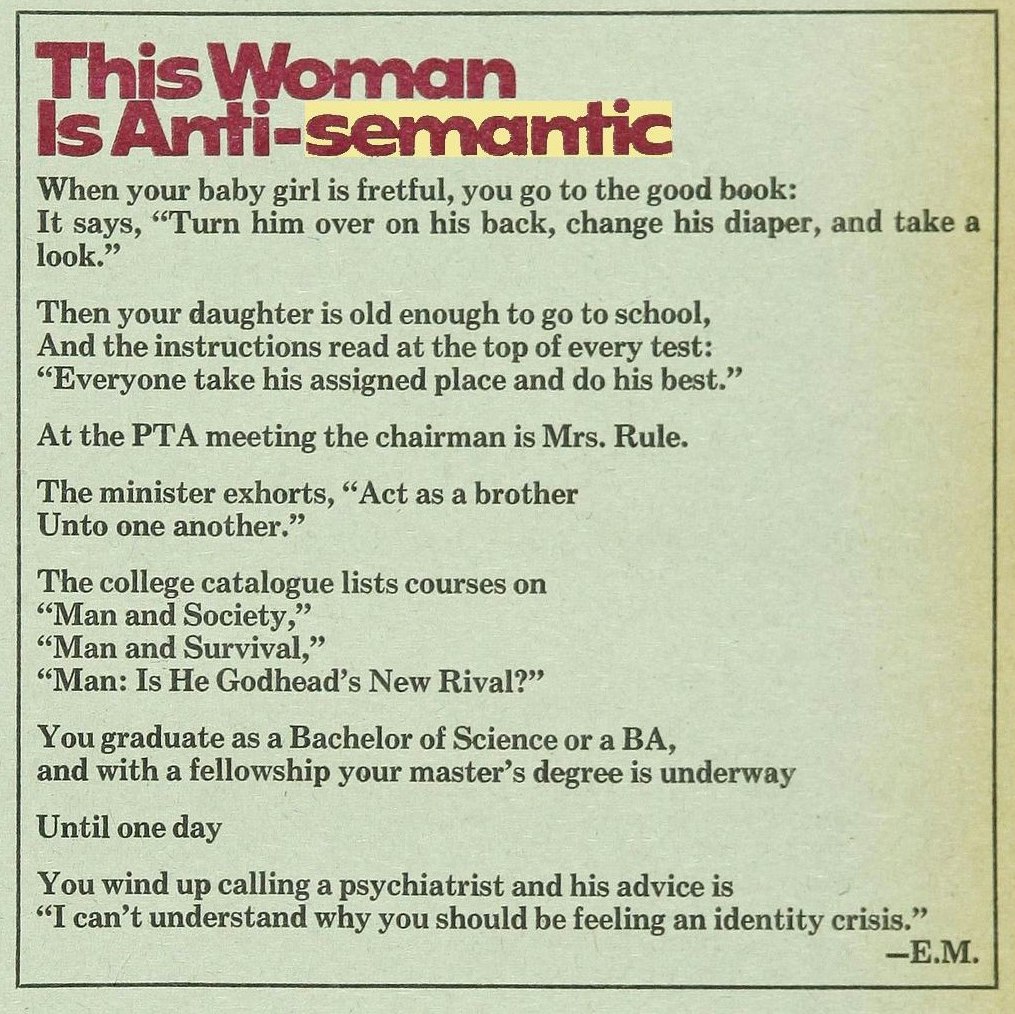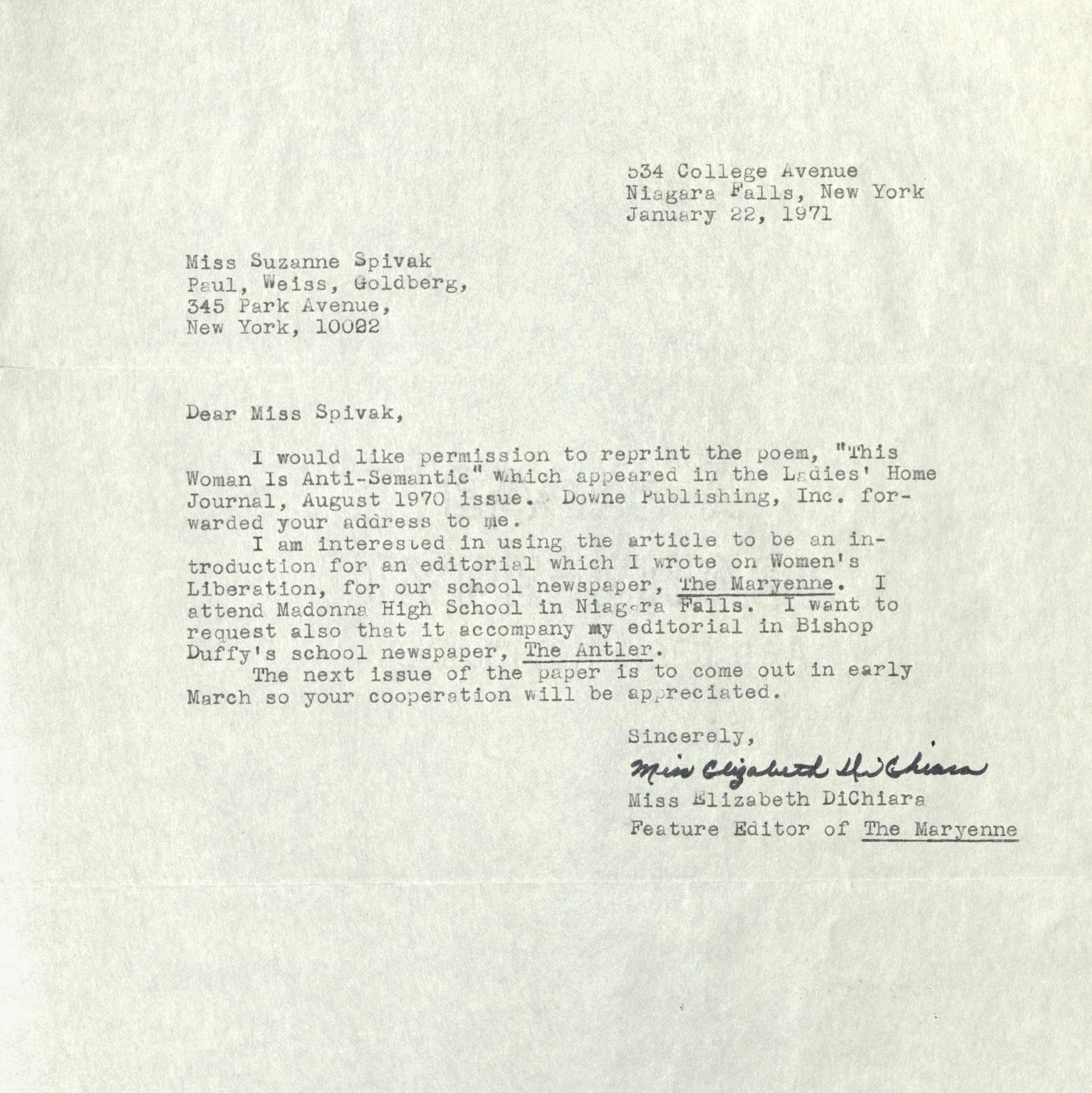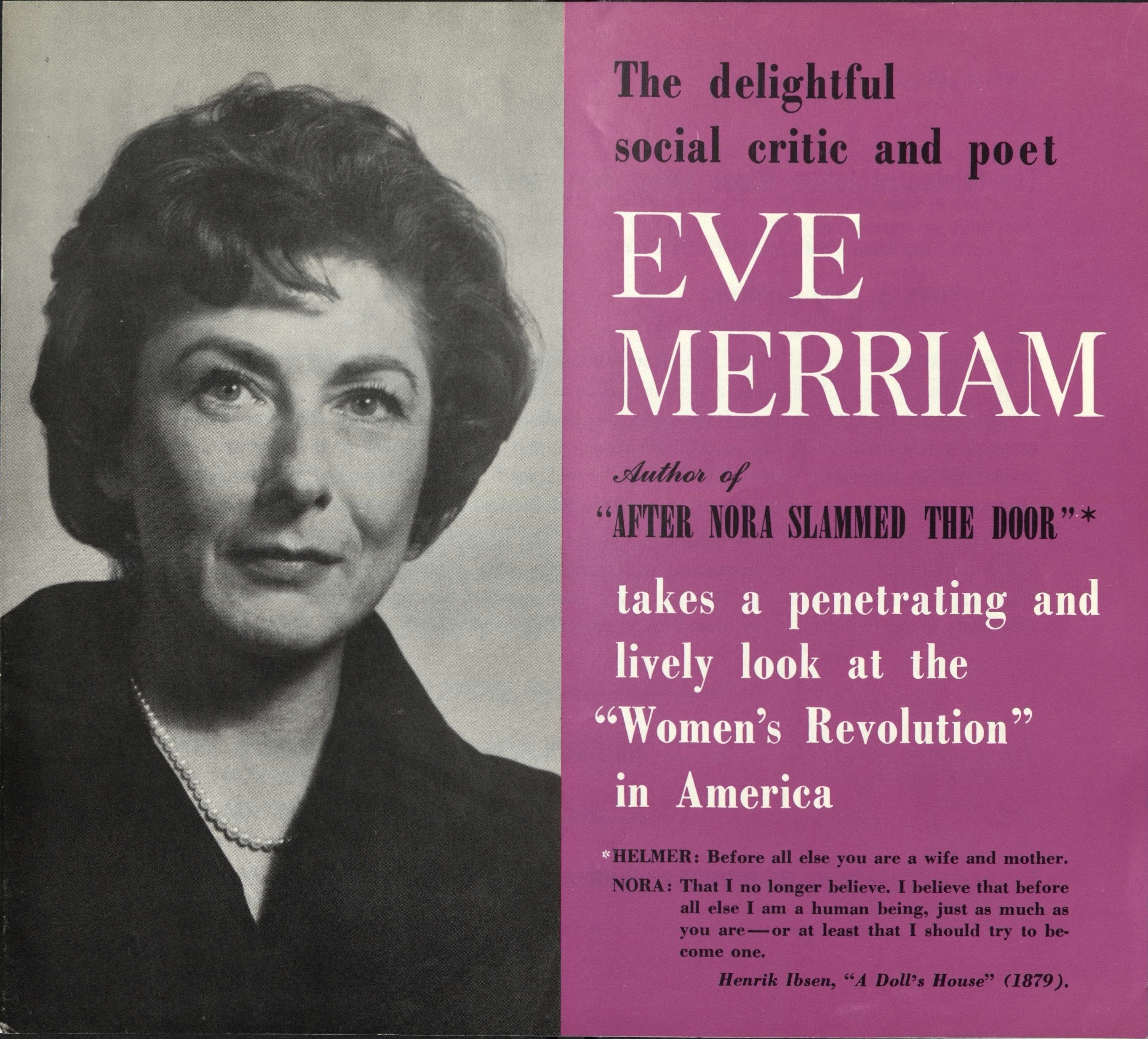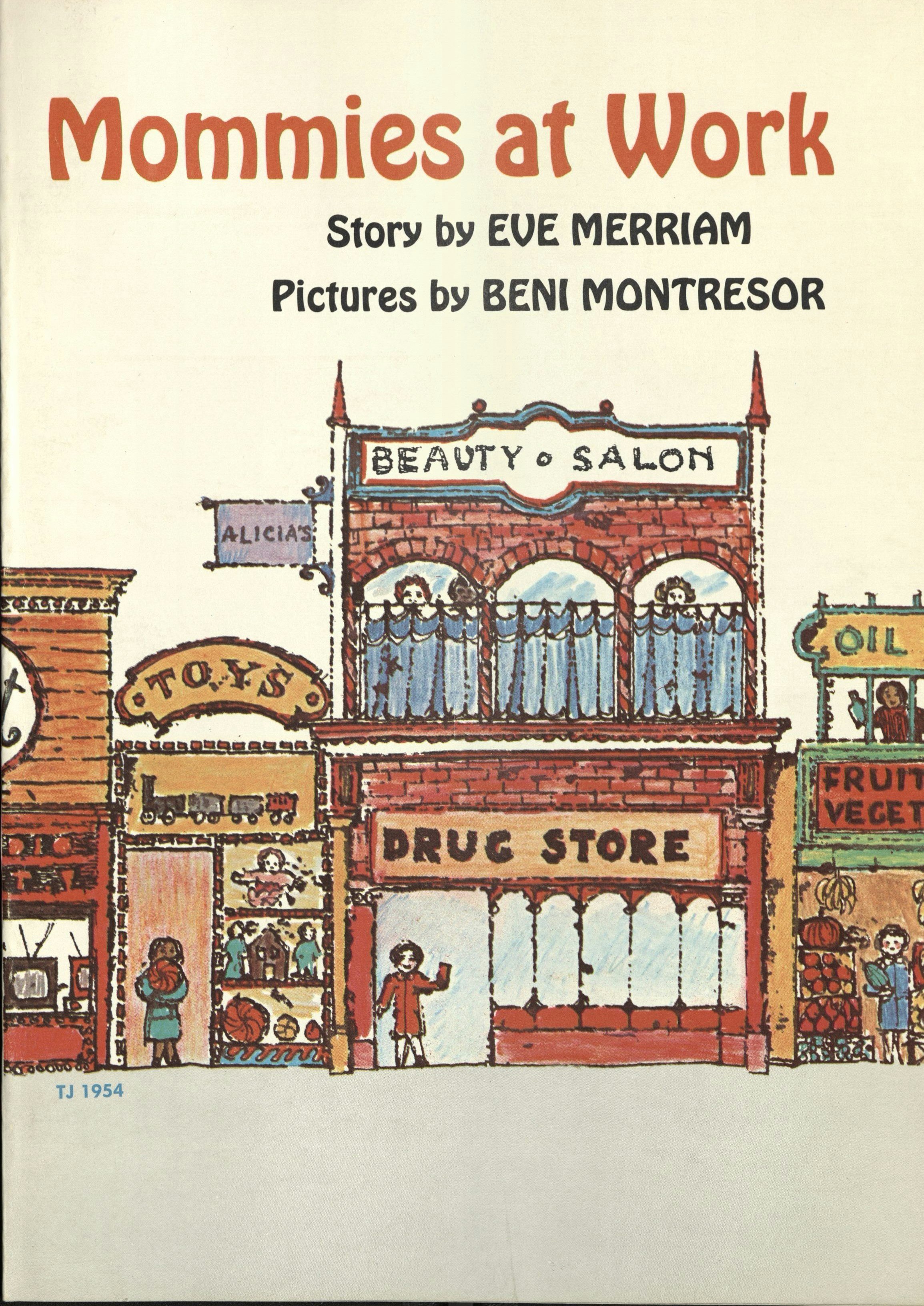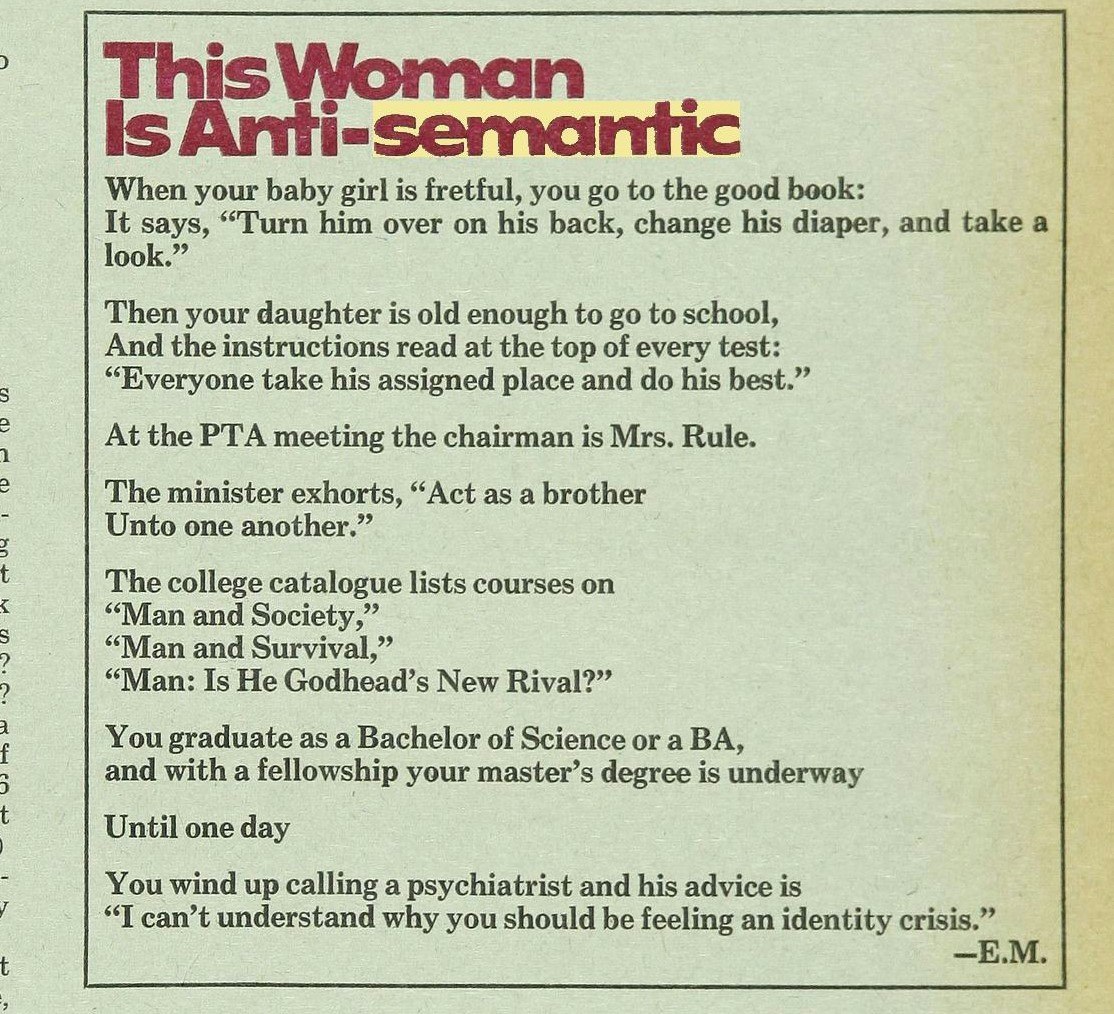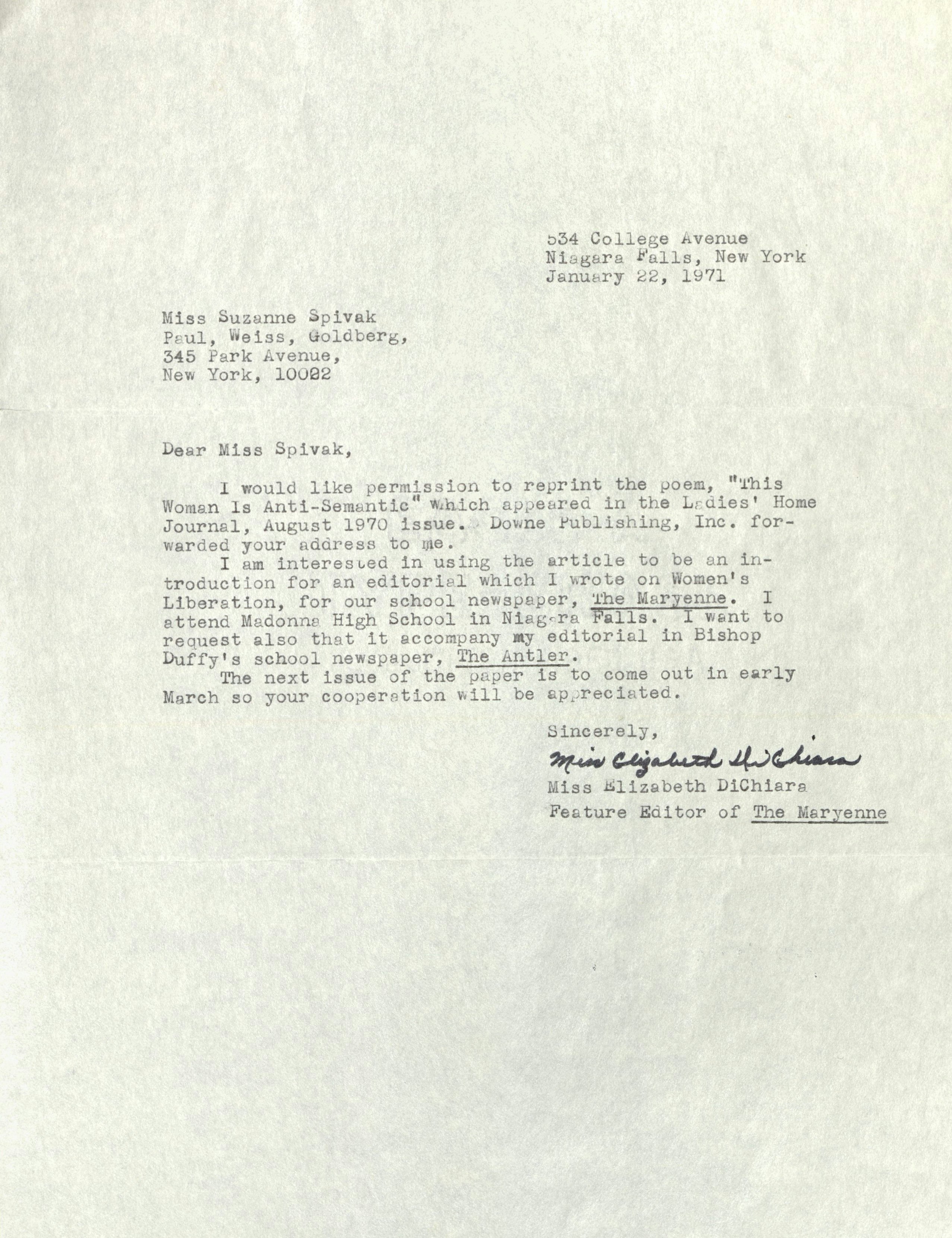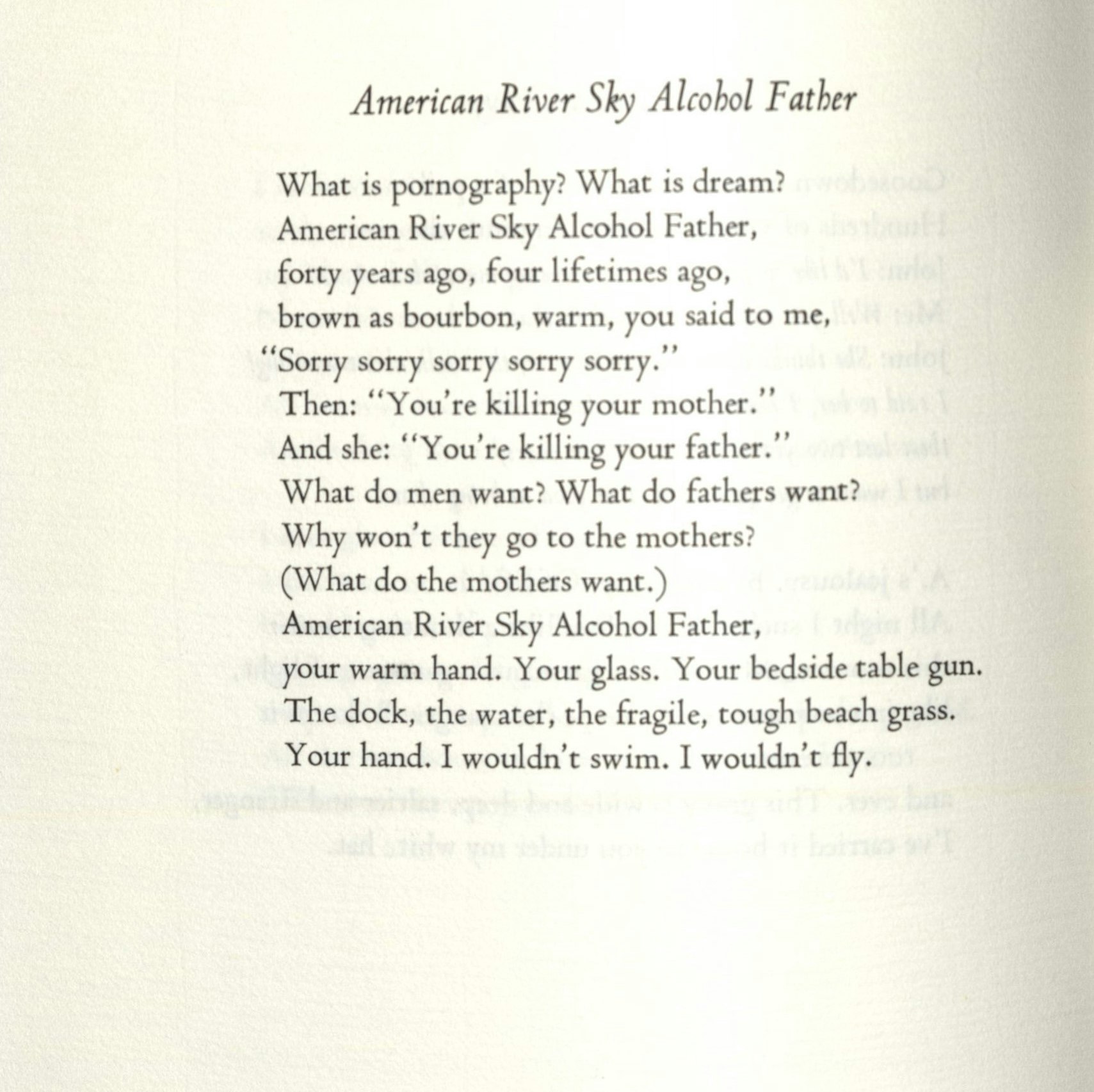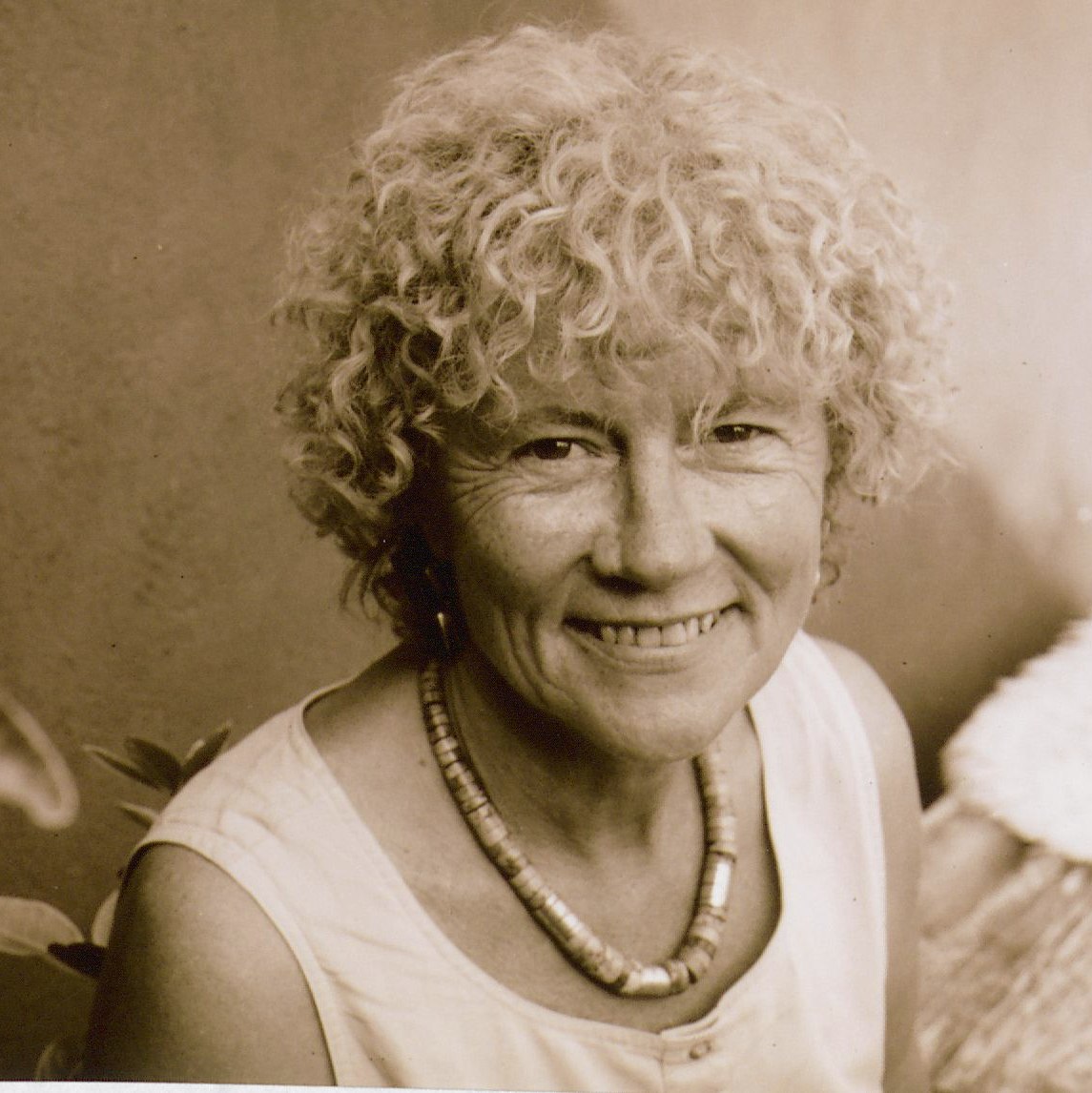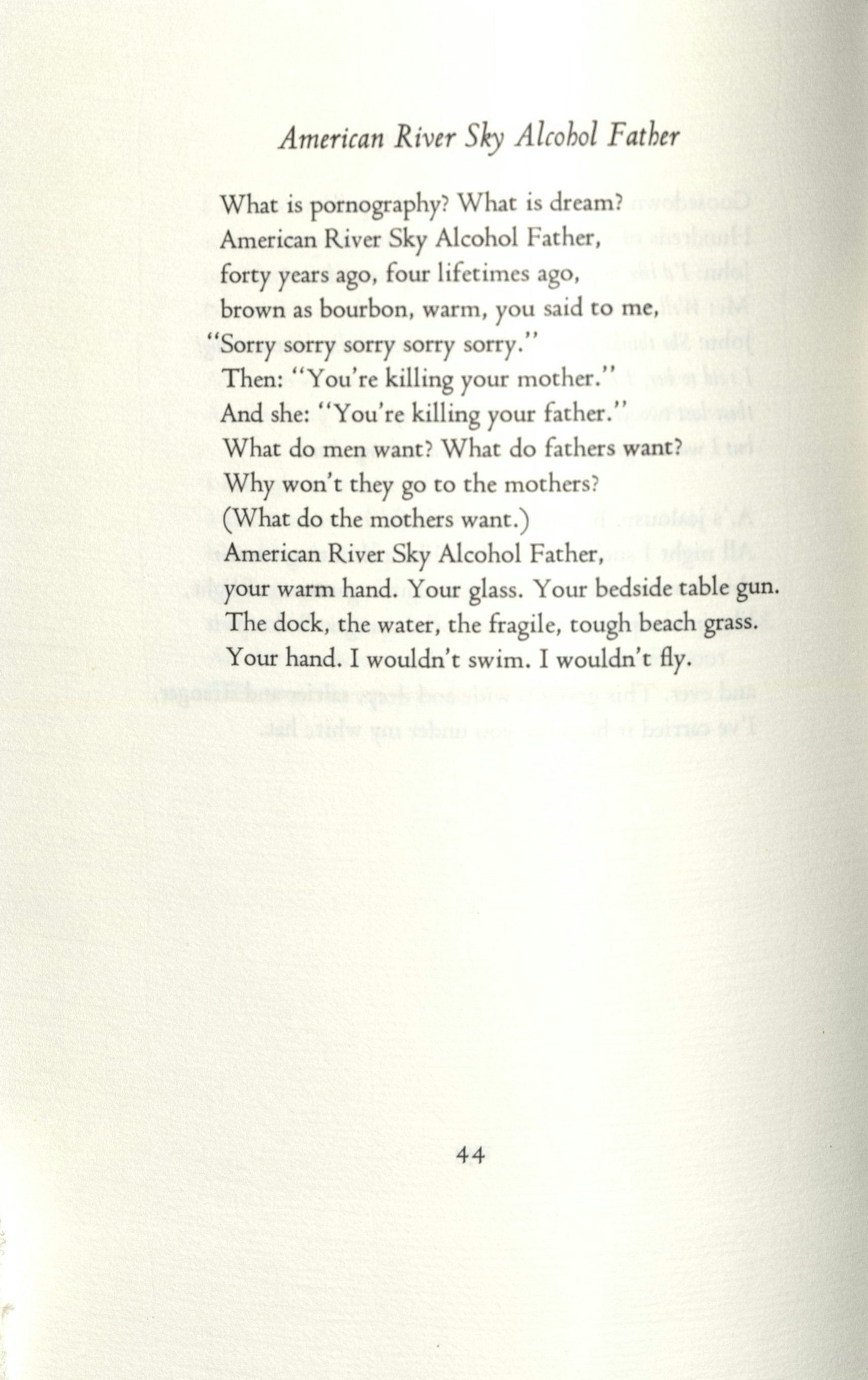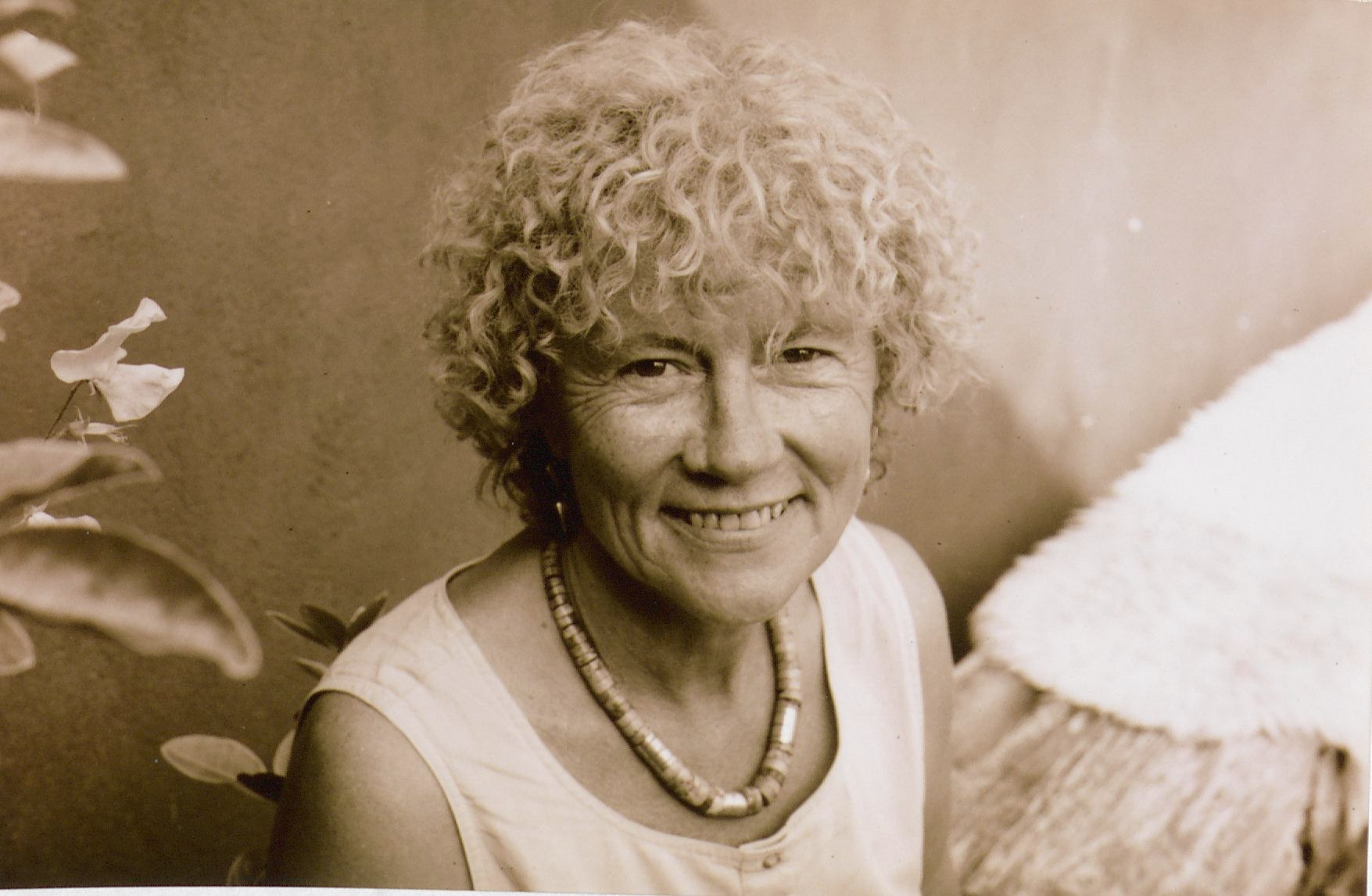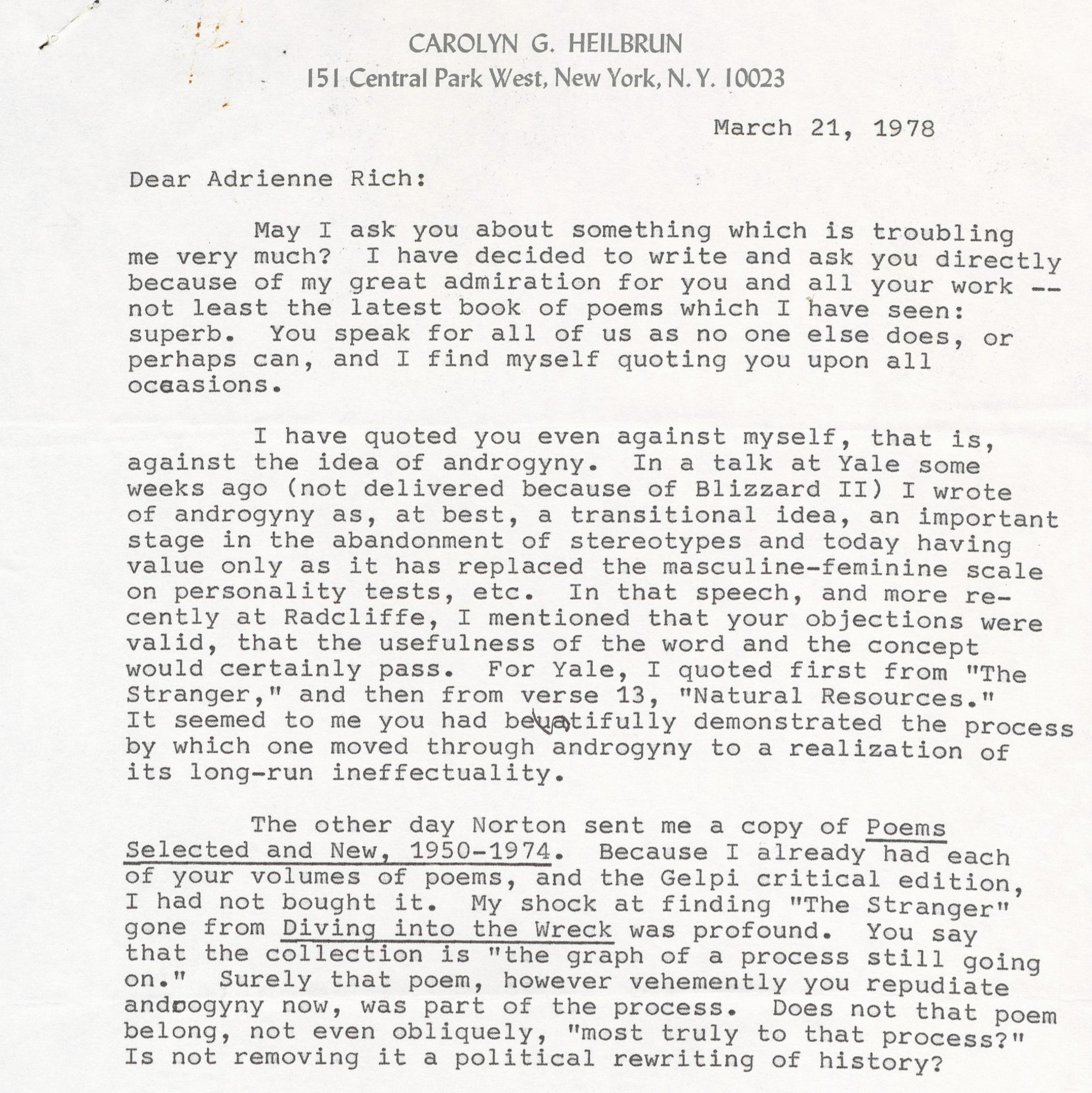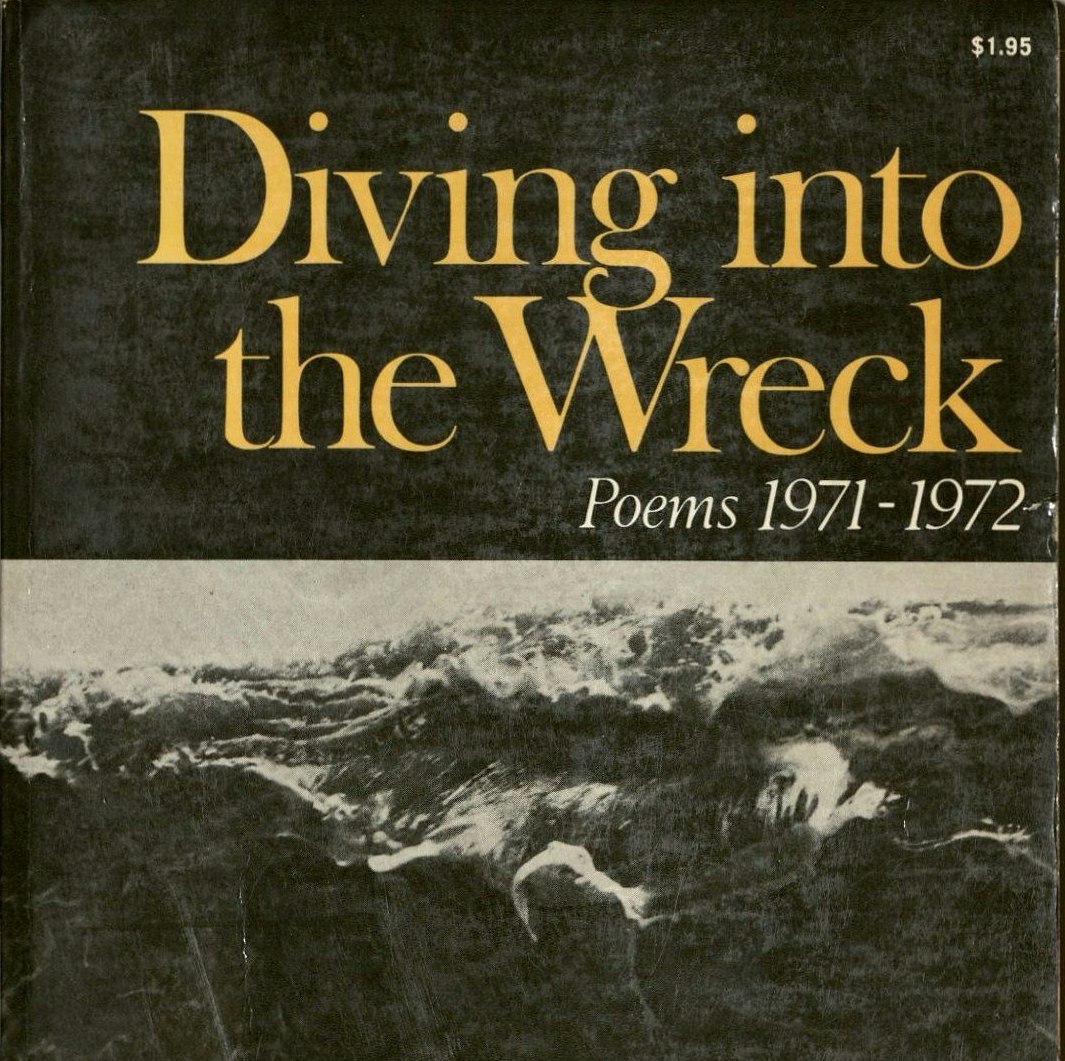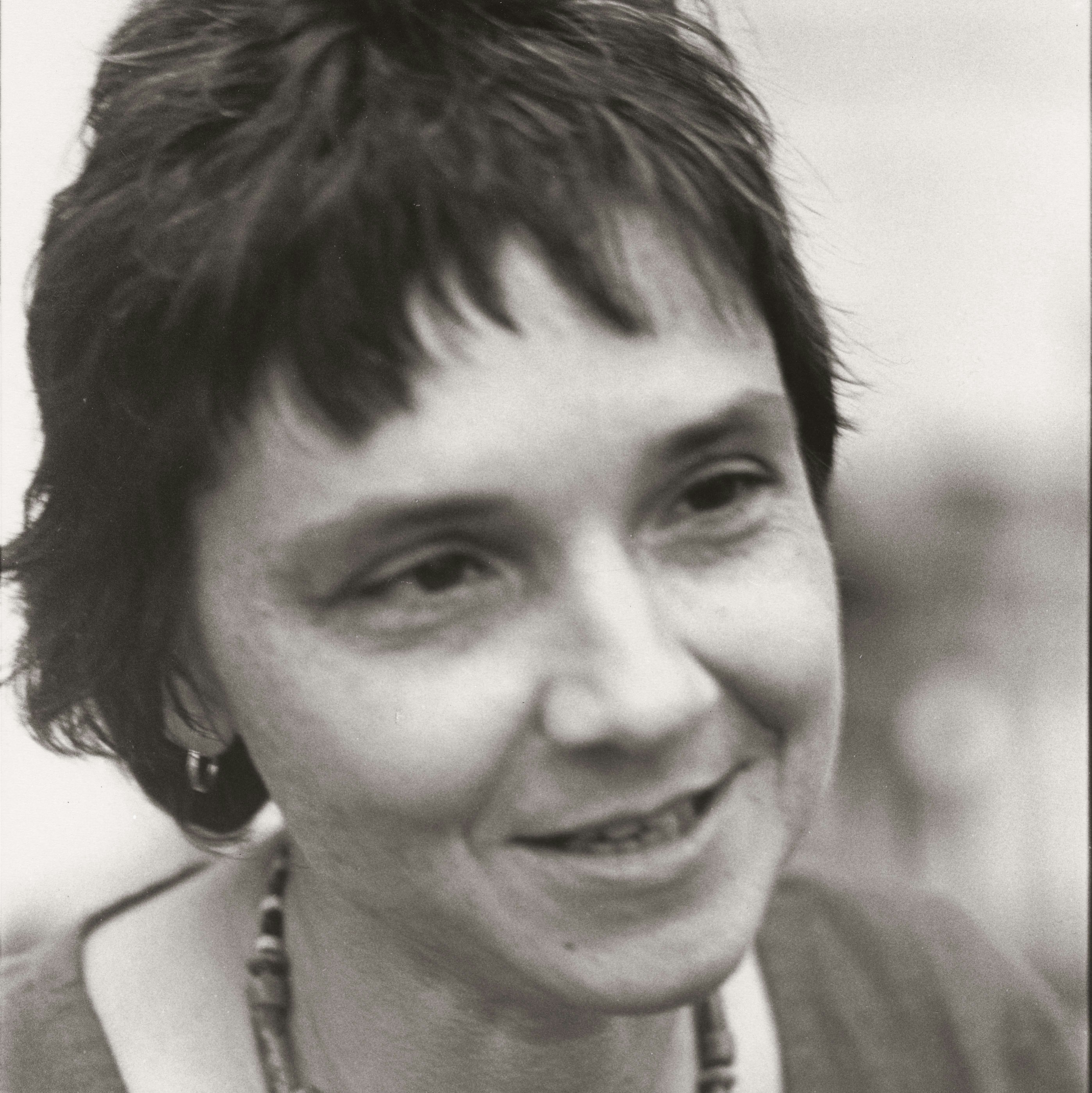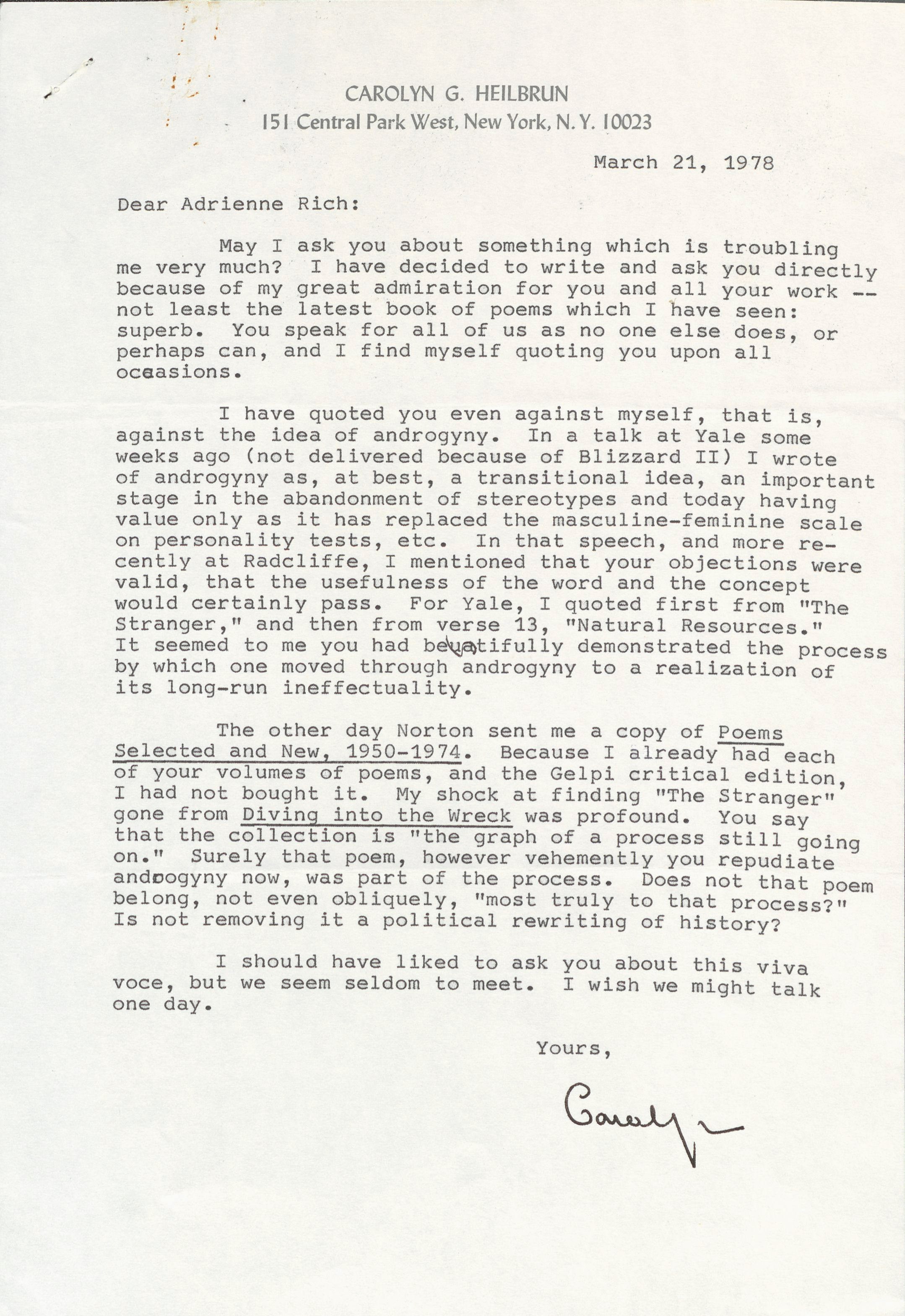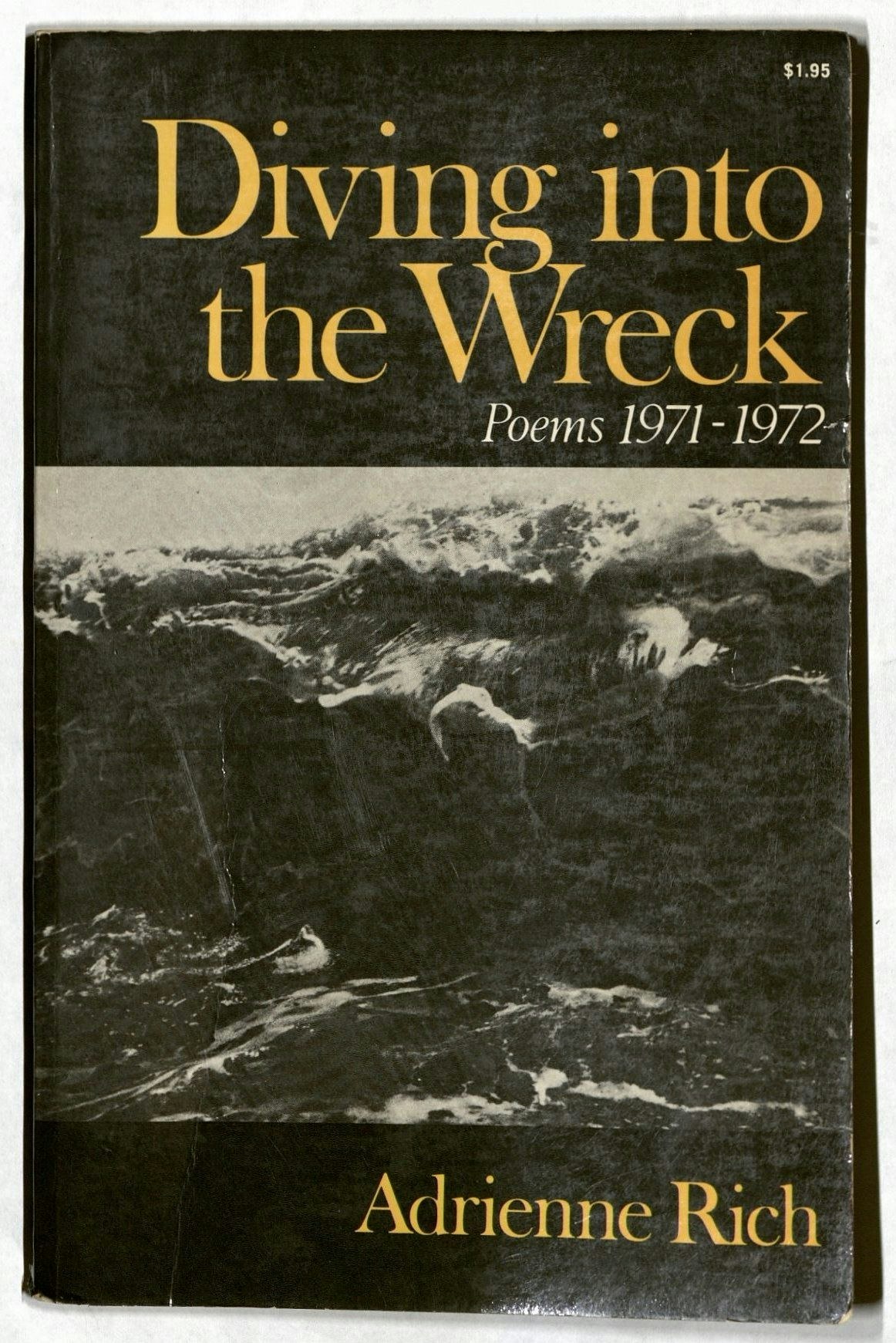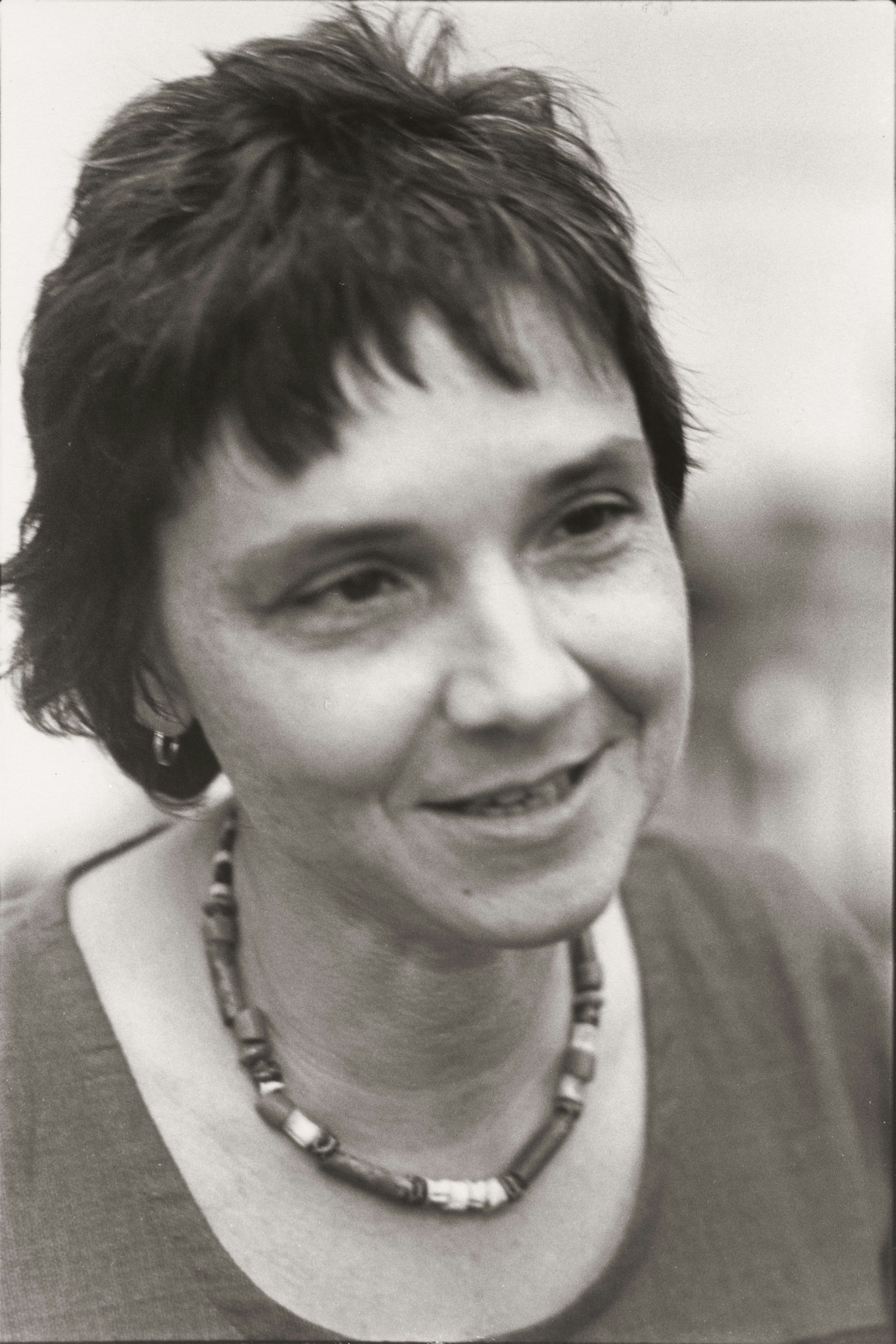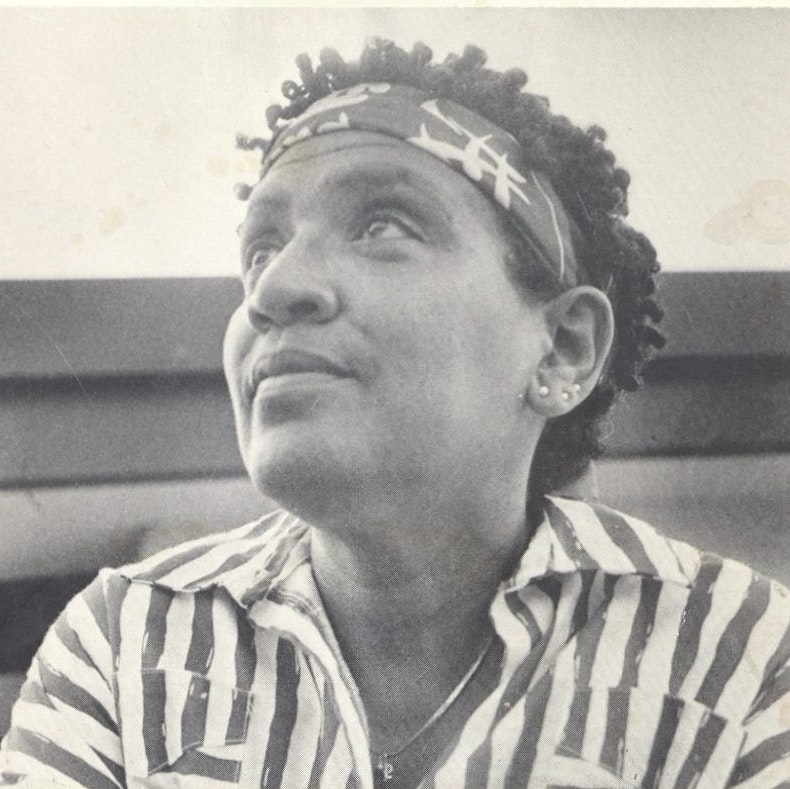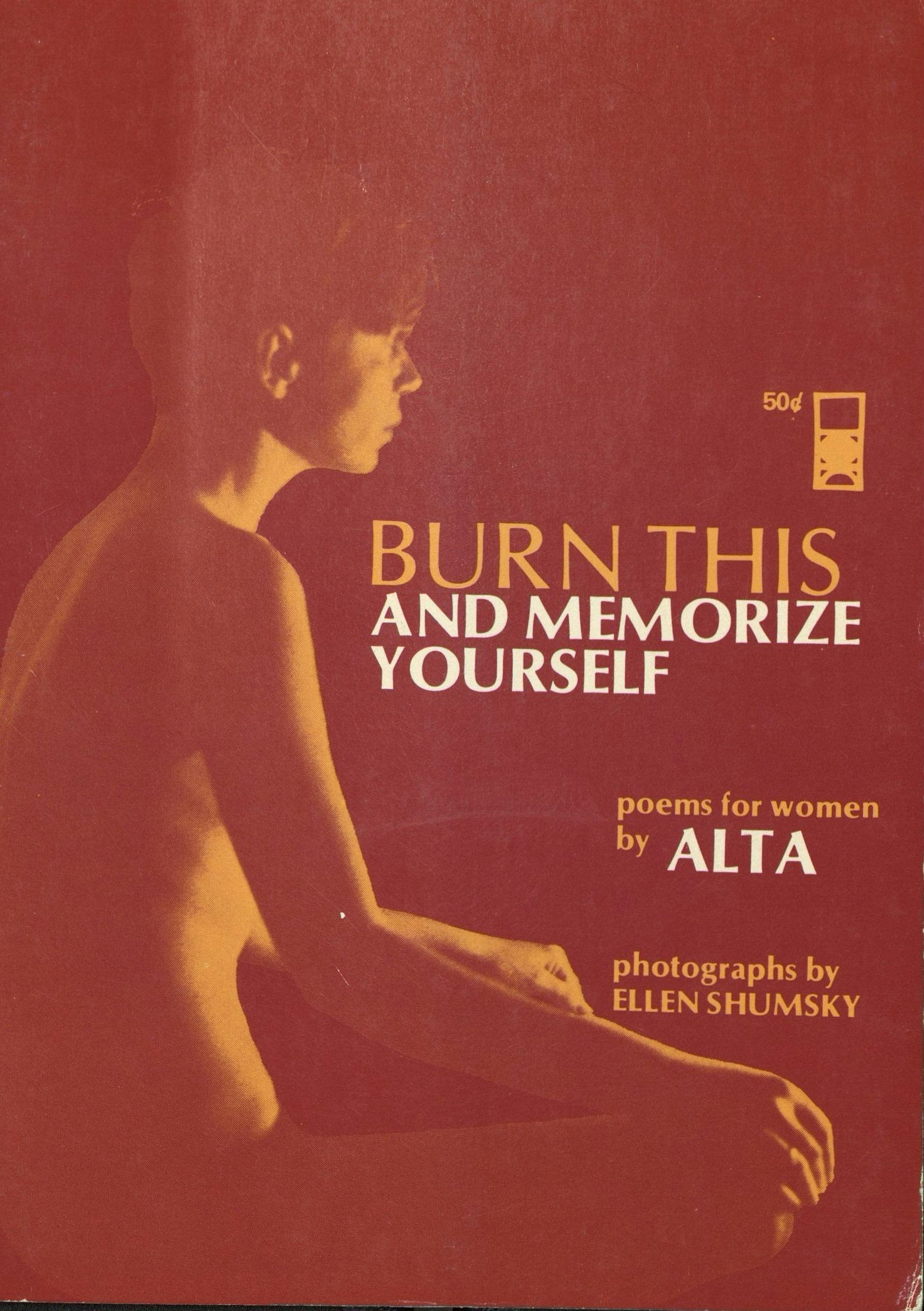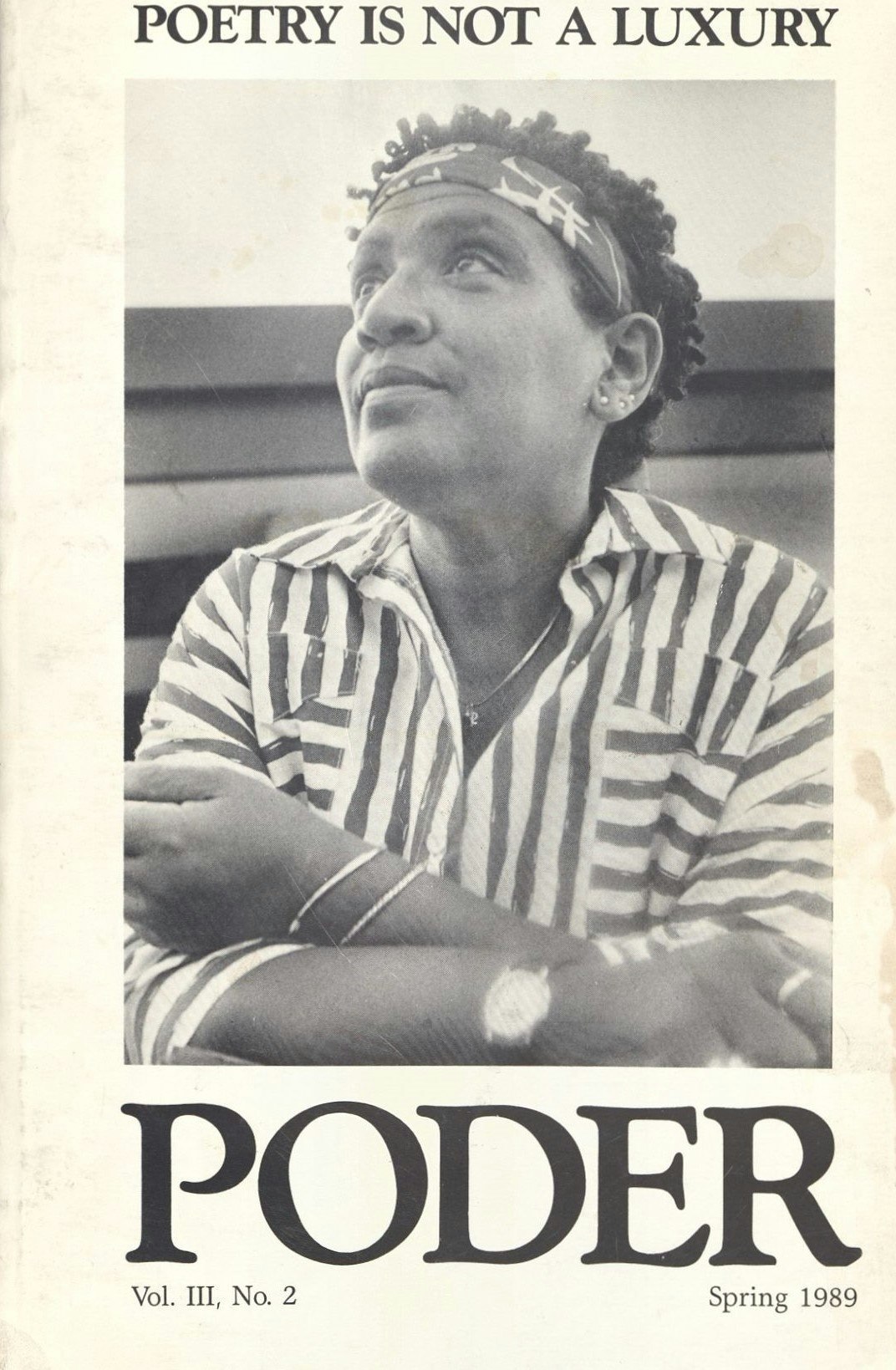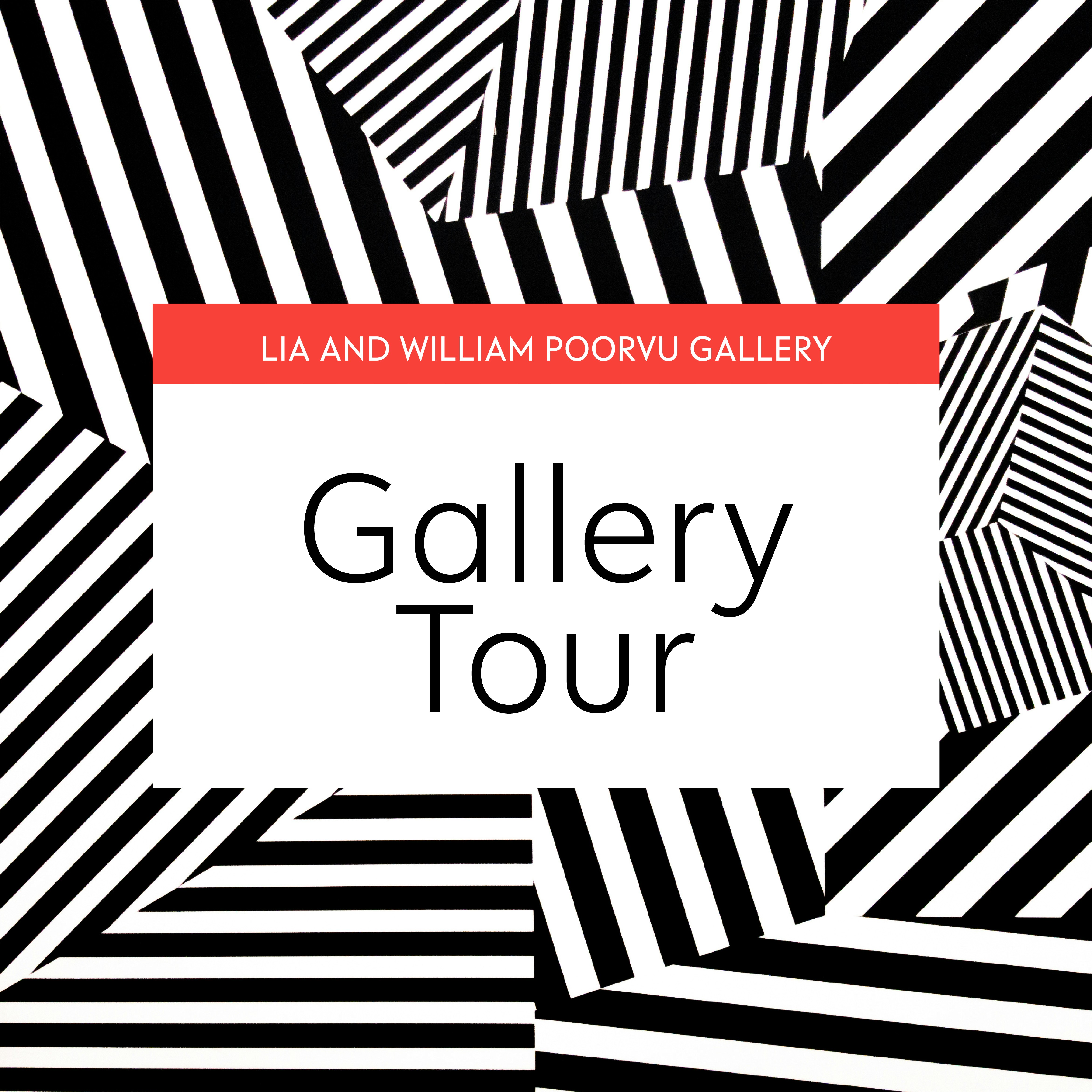“A Language to Hear Myself”: Feminist Poets Speak
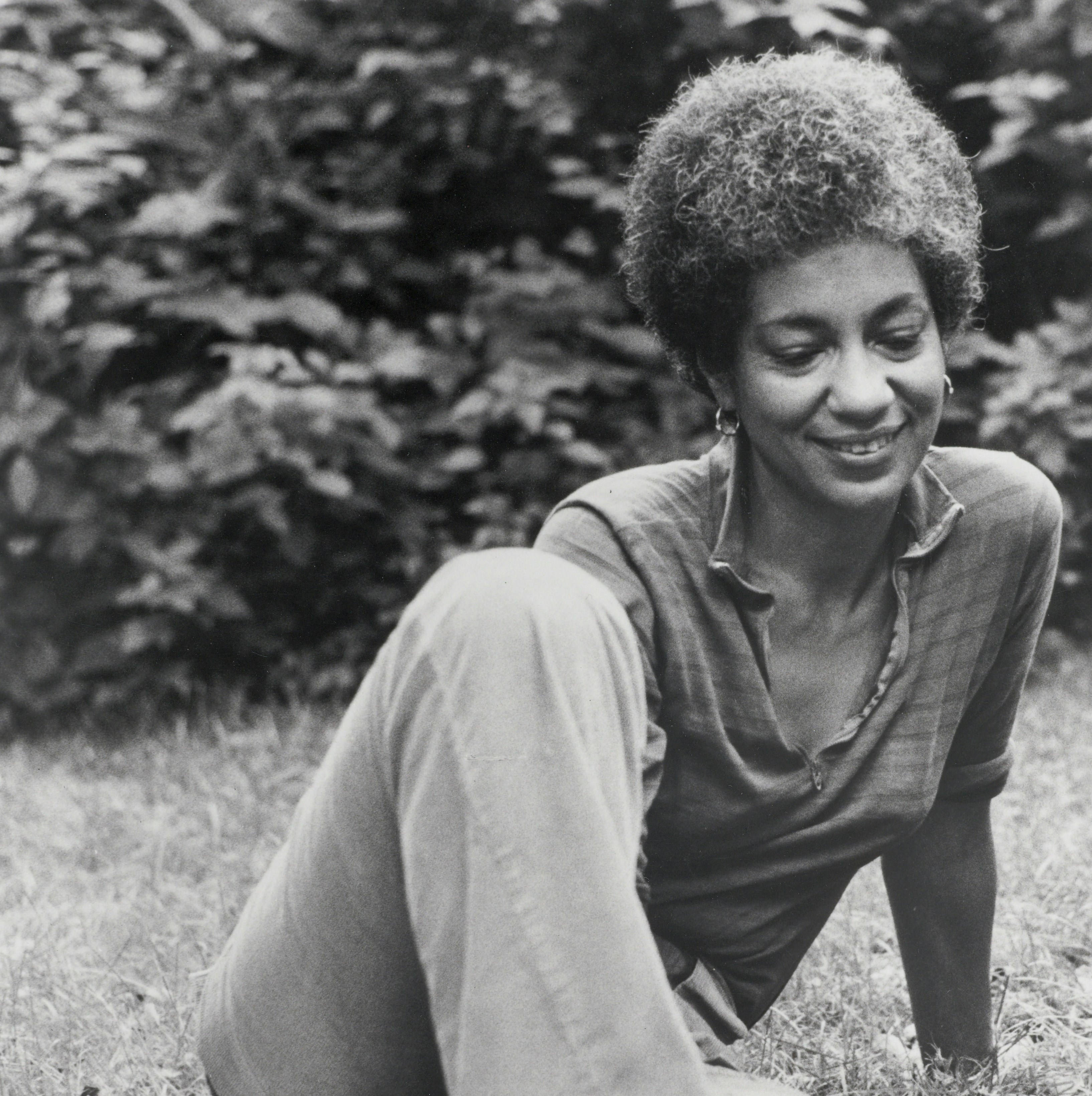
“A Language to Hear Myself”: Feminist Poets Speak celebrates the ways that feminist poets fashioned words and ideas into a powerful form of personal and political expression.
In the US women’s movement of the 1960s and 1970s, poetry experienced a renaissance as a political artform that gave women the means to articulate their shared lived experiences. Poetry and activism entered into a dynamic exchange, becoming spaces where women could reimagine the world.
This exhibition features Schlesinger Library’s collections of five renowned poets who had a profound impact on the literary world, the women’s movement, and individual women’s lives: June Jordan, Eve Merriam, Honor Moore, Adrienne Rich, and Jean Valentine. Their work reveals the intersection of sexual politics and personal expression, and this exhibition highlights their legacy as artists and activists who continue to inspire new feminisms.
The poet Audre Lorde said,
“For women, then, poetry is not a luxury. It is the vital necessity of our existence. It forms the quality of the light within which we predicate our hopes and dreams toward survival and change, first made into language, then into idea, then into more tangible action. Poetry is the way we give name to the nameless so it can be thought.”
The title of the exhibition comes from a stanza of the poem “Tear Gas” (1969) by Adrienne Rich:
I need a language to hear myself with
to see myself in
a language like pigment released on the board
blood-black, sexual green, reds
veined with contradictions
Write Poems, Women
Honor Moore (1945– )
After graduating from Radcliffe College in 1967 and attending the Yale School of Drama for two years, Honor Moore moved to New York City, where she wrote plays and poems and participated in women’s poetry readings. In 1973, Moore began working on her poem “Polemic #1,” in which she urged women poets to find their own voice. A typescript draft page shows the evolution of an earlier stage of the poem. Moore’s handwritten annotations show significant changes to the text. “Polemic #1” appeared in The New Woman’s Survival Sourcebook (Knopf, 1975), a compilation of women’s culture edited by Kirsten Grimstad and Susan Rennie.
During this time, Moore began teaching women’s writing workshops. She and the members of her Write Poems Women Workshop in New York City wrote, edited, and published a slim red paper-covered book. Write Poems Women: An Anthology (Write Poems Women Workshop, 1976) promoted the members’ poetry and allowed them to place it directly in the hands of readers. Later, Moore taught workshops at her rural Connecticut home. The photograph at lower left shows Moore and the members of a “Women Writing/Women Telling” workshop. Moore’s black notebook at lower right has a photograph of a similar workshop pasted on the front cover.
The Creative Process
June Jordan (1936–2002)
June Jordan’s “Poem about My Rights” (1978) centers on the South African struggle against apartheid. In an interview she gave in 1999, Jordan commented on the significance of this poem: “It documents a conceptual breakthrough that was also an emotional breakthrough for me.” The material in this case demonstrates how Jordan drafted the poem. The opening document marks her initial inspiration for the poem, jotted hastily in the small hours of the morning. A first draft of the poem—handwritten in blue ink, with the initial title “The Rationale”—follows. The poem moves through several corrected typescripts with a new title and dedication “for Patricia [Ann Murray] and Susan [Griffin]” handwritten at the top of the poem. “Poem about My Rights” was first published in Essence in November 1978, and the copy that Jordan saved shows her continuing edits. A final draft of the poem was printed in her anthology Passion: New Poems, 1977–1980 (Beacon Press, 1980).
Speaking with Hard Kindness
June Jordan (1936–2002)
June Jordan’s career as a poet, teacher, author, playwright, and social activist spanned nearly 40 years. The profound, personal impact of her work is made evident by the flood of letters she received each year. A letter written in 1982 reads, “I must tell you how deeply your words have shaken me—of their absolute honesty and truth. Thank you for being so relentless—and for being, for speaking to us all with such a hard kindness…” Jordan made herself and her work widely available by speaking at poetry readings and political gatherings that took place in bookstores, festivals, lecture halls, libraries, and universities. The 27 volumes of poems, essays, and other works that she published are characterized by a lyrical immediacy and honesty. Jordan’s poetry addresses themes of identity, racism, sexism, state violence, and war that remain deeply resonant.
A Writer with Incisive Wit
Eve Merriam (1916–1992)
Along with being an activist, social critic, and an advocate for children’s education, Eve Merriam was a prolific writer of fiction, plays, and poetry. In her writings, which were inspired by the tenets of feminism and civil rights, she creatively questioned and sometimes satirically addressed the inequalities around her, often commenting on semantics, sexist language, and chauvinistic assumptions.
Merriam’s engagement with the gendered politics of language gave her a leading voice in the women’s movement. Her poem “This Woman is Anti-Semantic” was featured prominently in an eight-page supplement, titled “The New Feminism,” in the August 1970 issue of the Ladies’ Home Journal. The supplement was the magazine’s response to a protest a few months earlier in which more than 100 feminists occupied the offices of the Ladies’ Home Journal demanding more meaningful content in the women’s magazine. Merriam also created many works for children and was involved in programs designed to educate students about sexism. One example of her writing for children is Mommies at Work (Street and Smith Publications, 1955), which remains in print today. The book playfully explores the many roles for women in the workforce, including jobs as doctors and television directors.
A Poet's Poet
Jean Valentine (1934– )
Jean Valentine’s first book of poetry, Dream Barker and Other Poems (Yale University Press, 1965), won the Yale Younger Poets Prize in 1964. Since then, Valentine (who was in the Class of 1956 at Radcliffe College) has published 12 additional collections of poetry. She was awarded the National Book Award for poetry in 2004 and was named the state poet of New York for 2008–2010. Her writing has been described as dreamlike, lyrical, personal, and political. Like many of her works, the poems exhibited in this case—“American River Sky Alcohol Father,” from Night Lake (Press of Appletree Alley, 1992), and “At the Conference on Women in the Academy,” from The Cradle for the Real Life (University Press of New England, 2000)—are profoundly shaped by her experiences as a woman. In an interview for Poets & Writers, Valentine discussed how she came to fully claim her feminist voice while teaching at Sarah Lawrence College in the 1970s:
“This was a time of coming out—of gays and lesbians, all ethnicities, and of women’s voices. I feel very lucky to have been encircled by feminist voices like like Grace Paley, Muriel Rukeyser, and Jane Cooper. But it wasn’t always an easy path. I remember when I wrote my third book, Ordinary Things, and I showed it to Robert Fitzgerald, one of my mentors from those days. He did not like it at all. I was still so bound to those mentors—to Fitzgerald and to Dudley Fitts and to Robert Lowell—and I remember showing it to Jane Cooper in desolation, saying, ‘Oh, he doesn’t like it,’ and I’ll never forget what she told me. ‘Jean,’ she said, ‘This is no longer a book of the fathers.’ That was a turning point for me.”
Writing as Re-Vision
Adrienne Rich (1929–2012)
Adrienne Rich won the 1950 Yale Younger Poets Prize for A Change of World (Yale University Press, 1951), while still in her last year at Radcliffe College. Her early poetry was often formal and reserved, but as she experienced life as a wife and mother in the 1950s and 1960s, her feminist consciousness developed, and her poetry became more free-form and explicitly personal and political. Rich wrote about her experience teaching in City College of New York’s SEEK Program in the late 1960s:
“I felt more and more urgently the dynamic between poetry as language and poetry as a kind of action, probing, burning, stripping, placing itself in dialogue with others out beyond the individual self.”
Rich’s vivid, unapologetic, and often searing poetry and prose served as a beacon and model for many younger feminist poets. Throughout the 1970s, her work explored issues central to feminism: gender identity, imperialism, the institution of motherhood, militarism, power, race, and sexuality and lesbian politics.
Rich’s multiple engagements with other poets and scholars are shown in this case. Audre Lorde describes her reaction to Rich’s Diving Into the Wreck: Poems, 1971–1972 (W. W. Norton, 1973). The dialogue with feminist biographer Carolyn G. Heilbrun about the political use of the word “androgyne” illustrates how critical word choice was to Rich. Her correspondence with Jean Valentine’s editor is evidence of the importance of professional, as well as personal, connections between these feminist poets as they strove to publish work that would inspire others and change the world.
Poems for a Revolution
Feminist publishing cooperatives were instrumental in publishing poetry chapbooks (small paper-covered booklets) and magazines throughout the 1970s. Poets themselves worked as editors and publishers to promote their own work and that of other women. June Jordan, Honor Moore, and Adrienne Rich were all contributing editors of Chrysalis, and Audre Lorde was its poetry editor. Judy Grahn and Pat Parker were founders of the Women’s Press Collective.
Feminist collectives and networks were essential to feminist poets writing and publishing in the 1970s, especially in the San Francisco Bay Area. Shameless Hussy Press, the first women-owned feminist press in California, was founded by the poet Alta and was the first publisher of poets Pat Parker and Susan Griffin. In Dreams in Harrison Railroad Park: Poems (Kelsey St. Press, 1977), Nellie Wong thanks her Oakland, California, feminist writing group, the Women Writers Union.
While working with groups of women often generated comradery and provided resources to poets, the experience could also prove alienating. Several poems in Esther N. Kaw’s Words for Third-World Women (1974) give voice to her difficult experience as a Mexican American within a primarily white Southern California chapter of the National Organization for Women.


